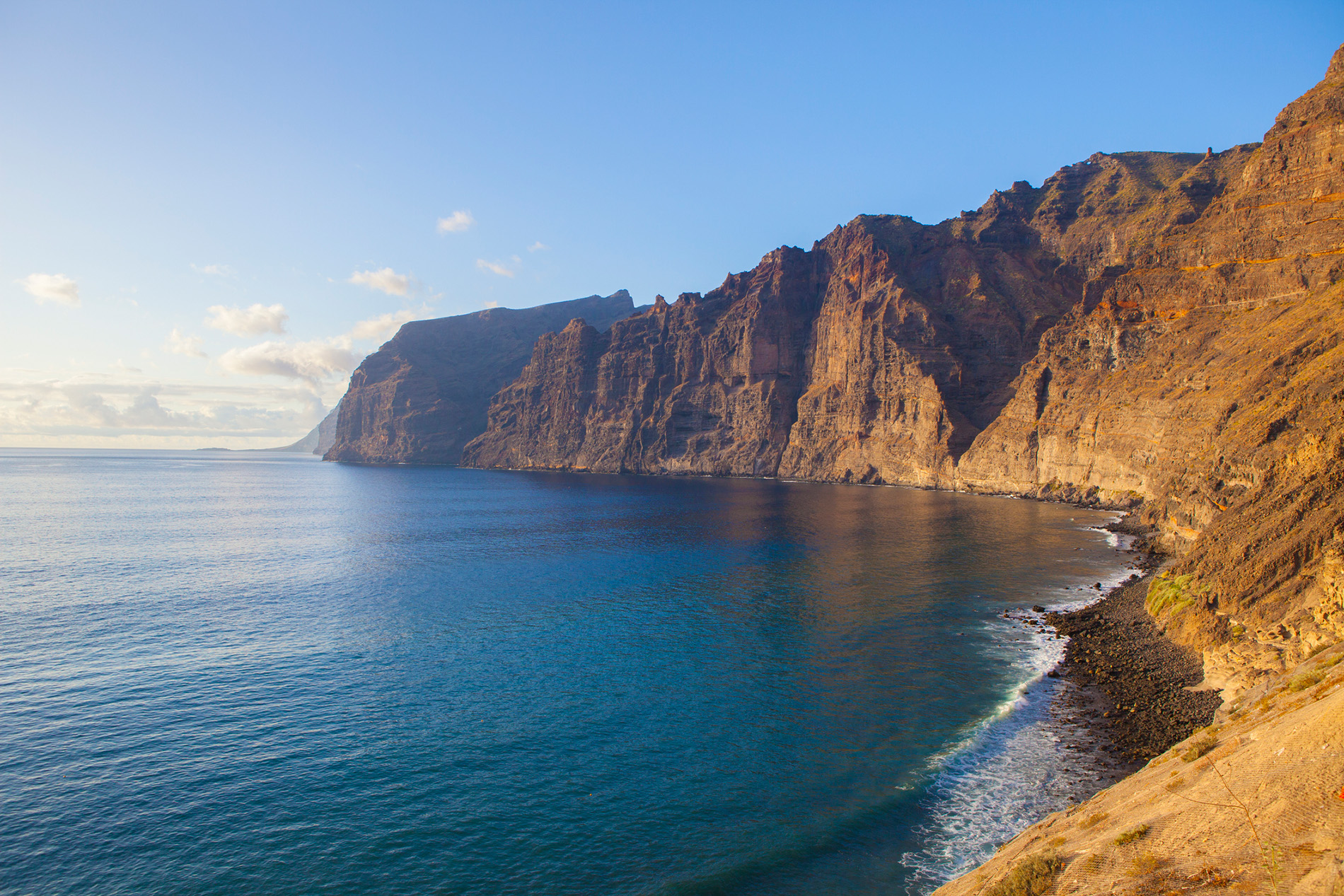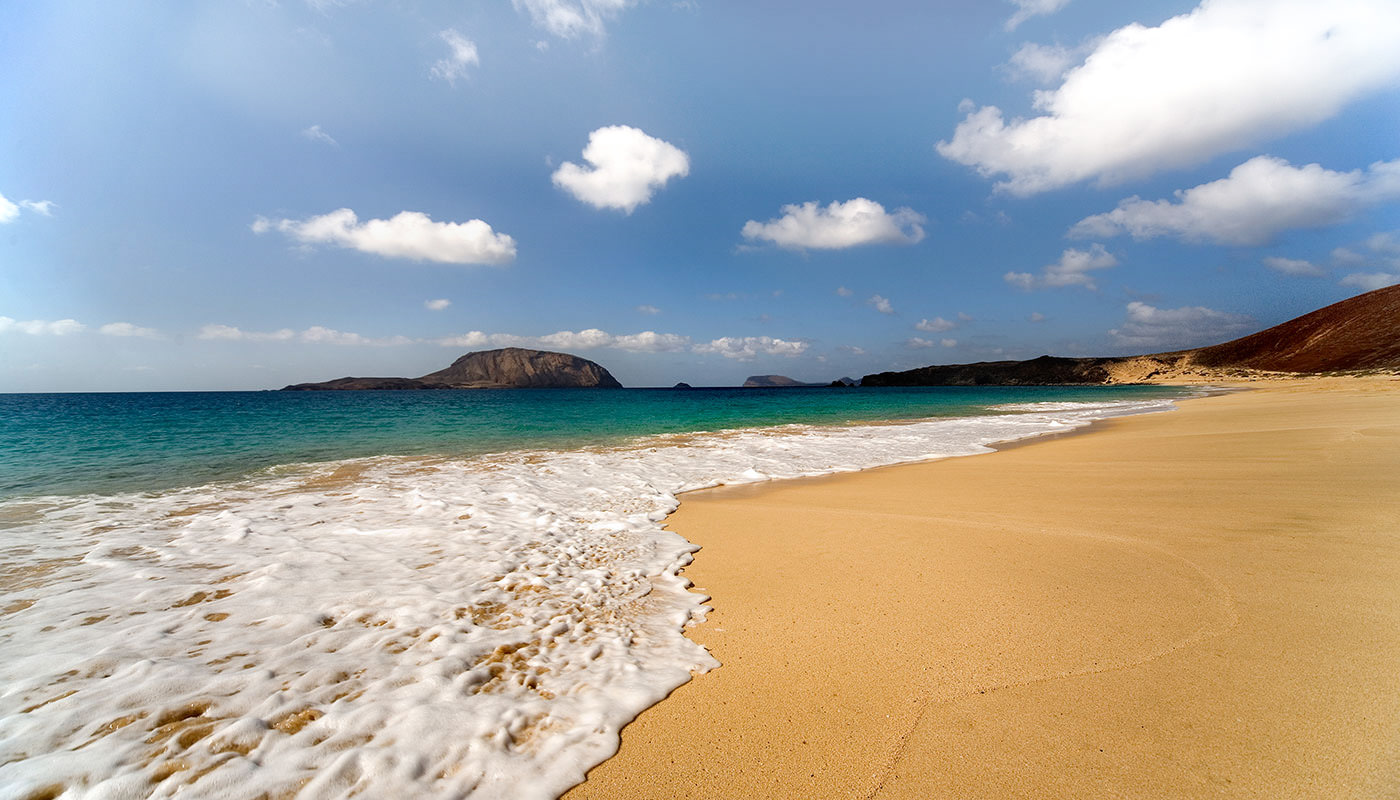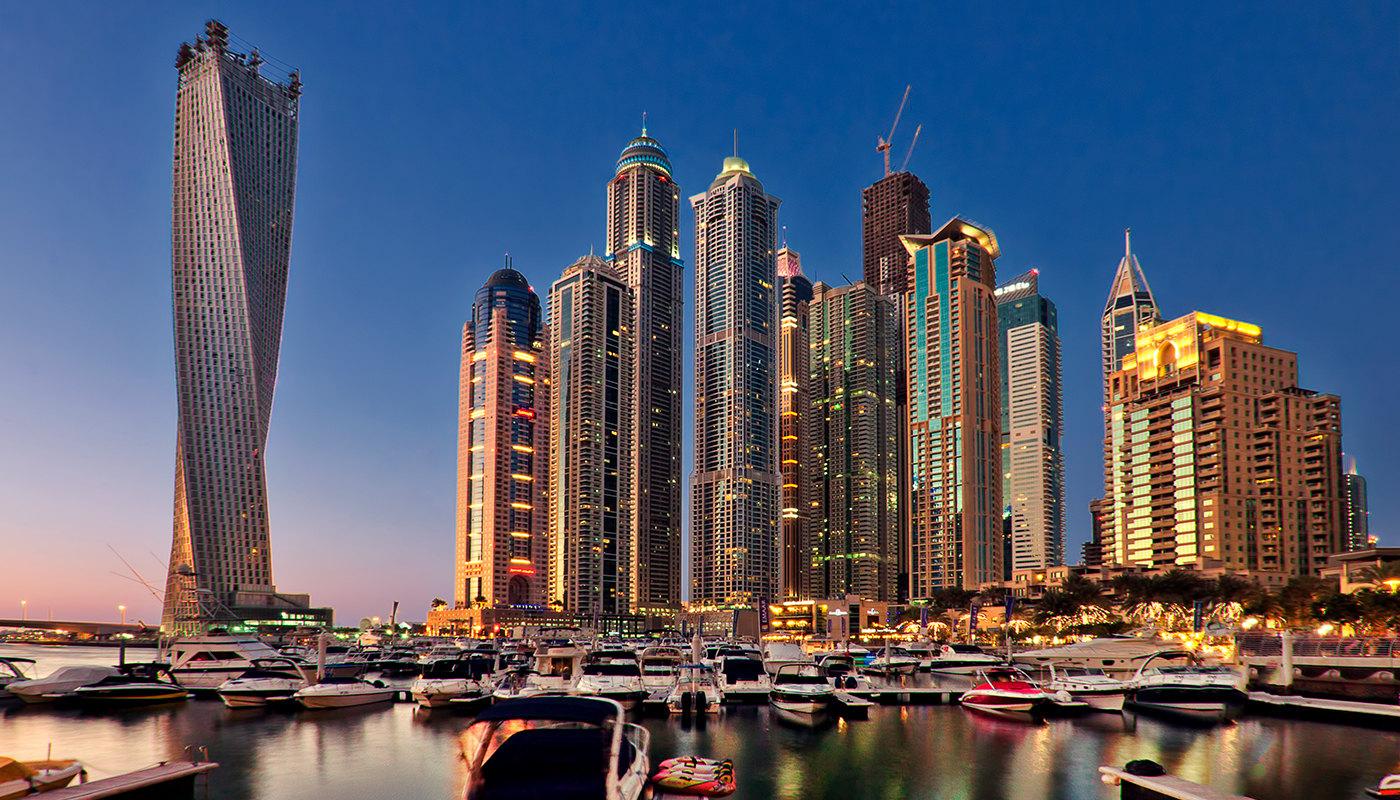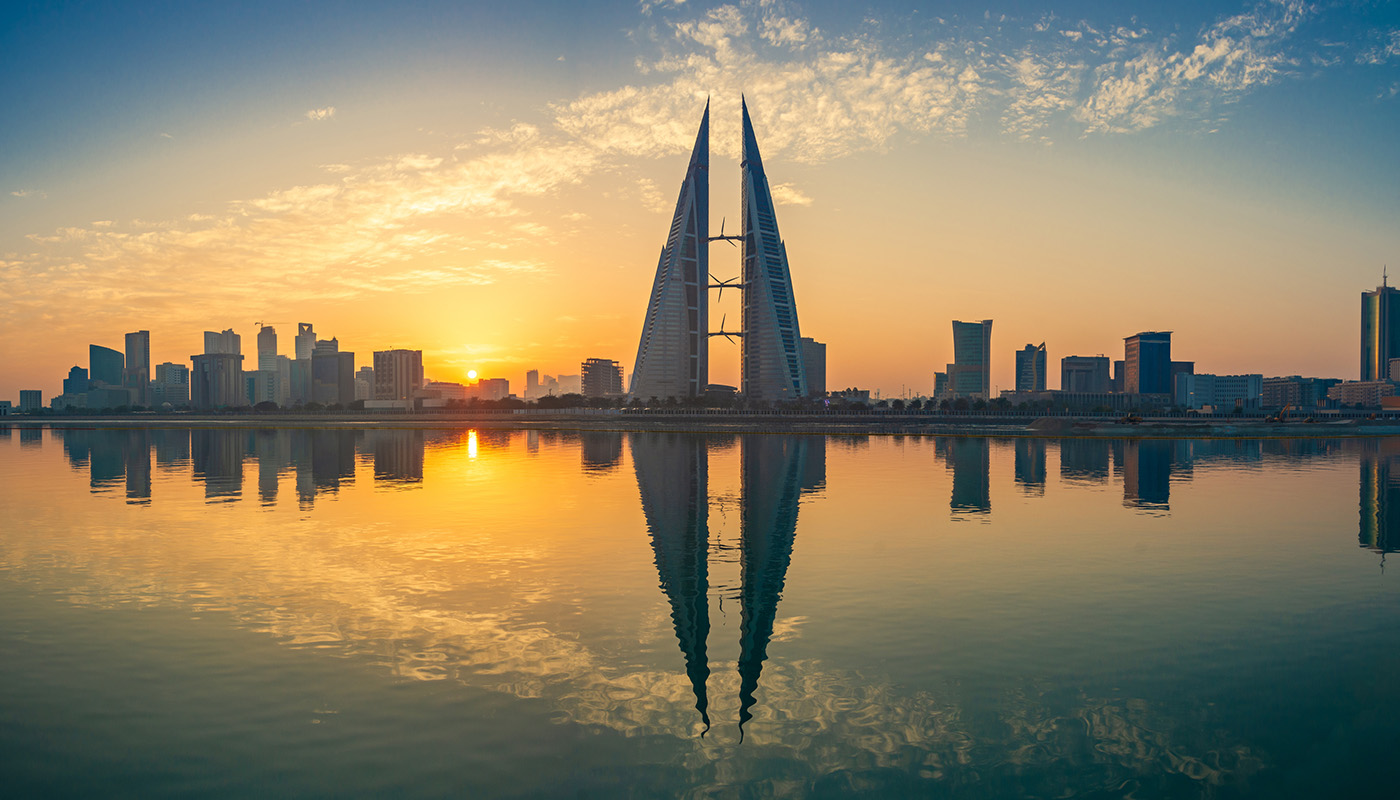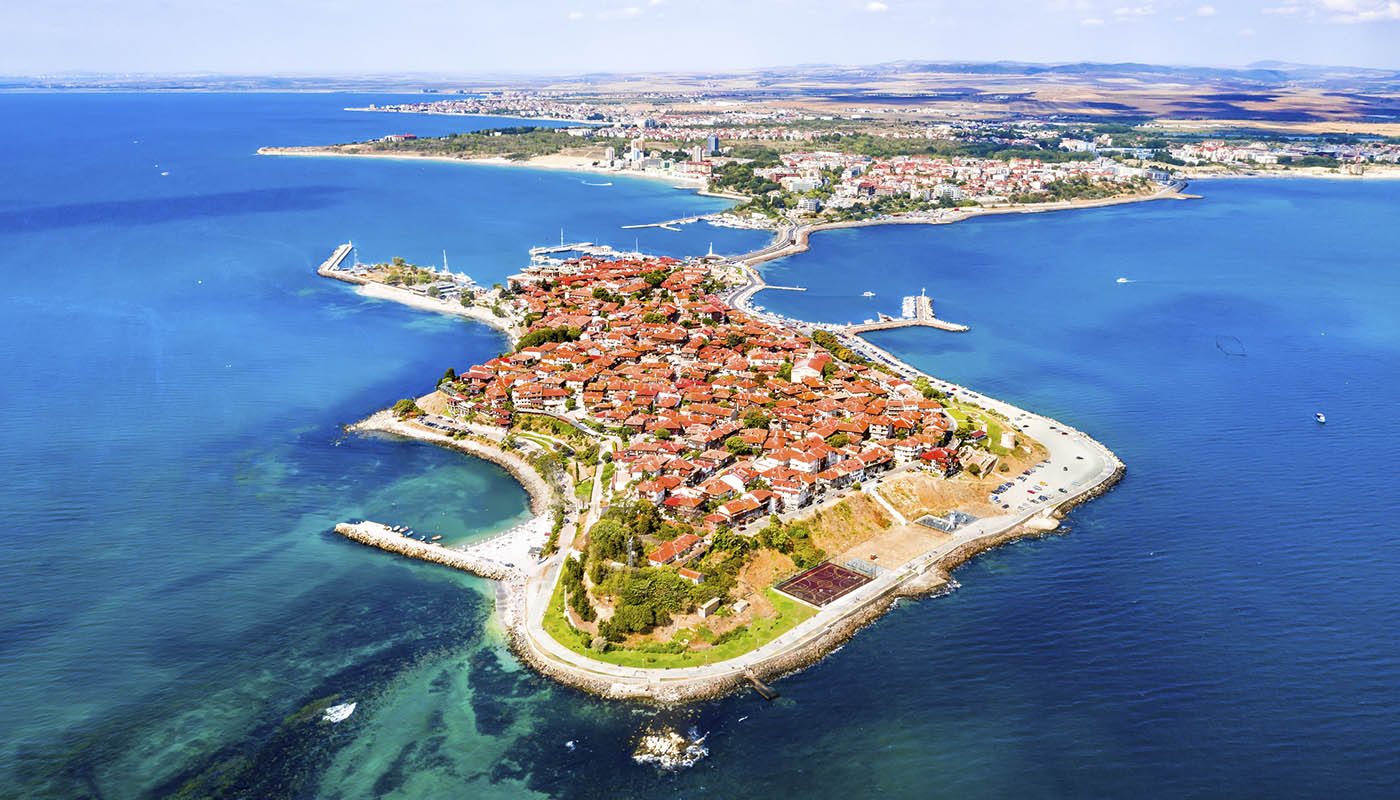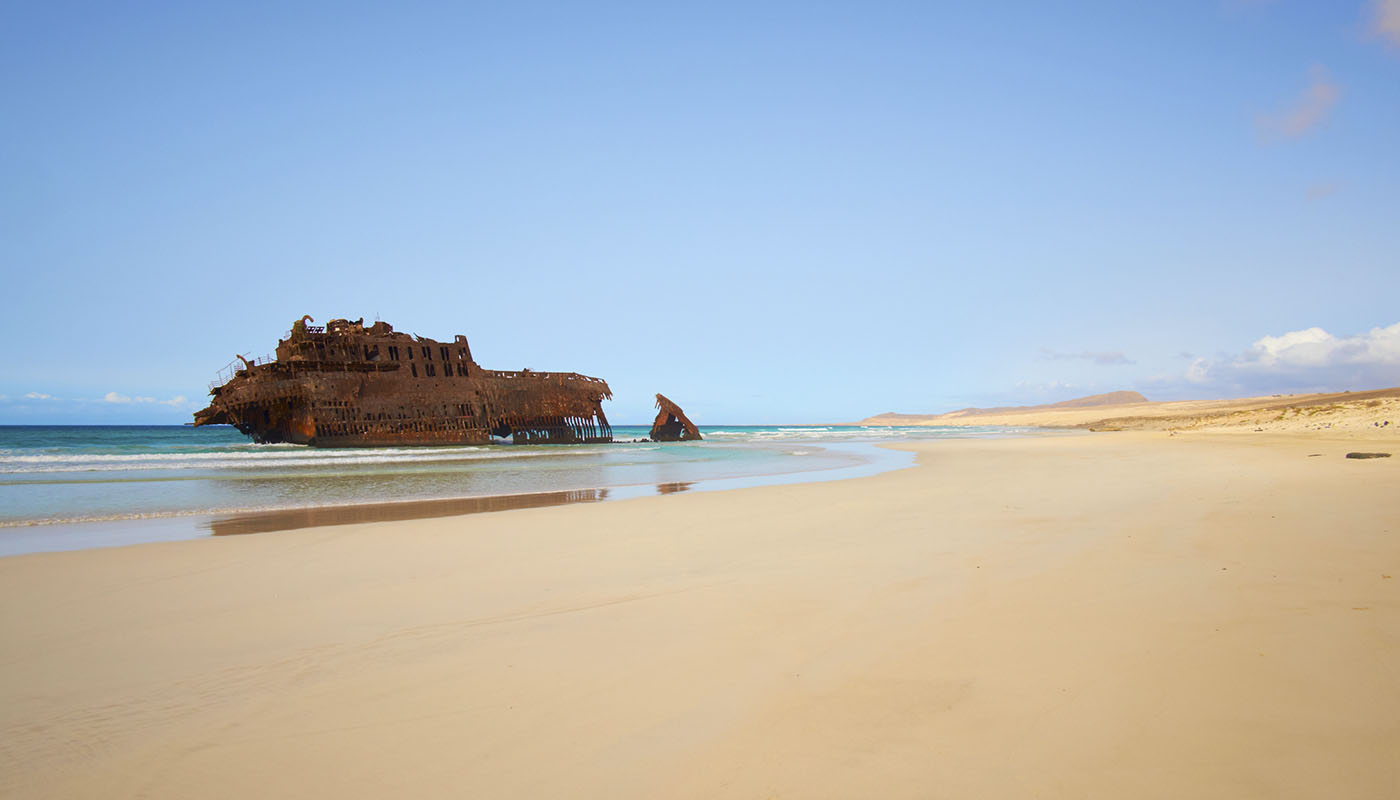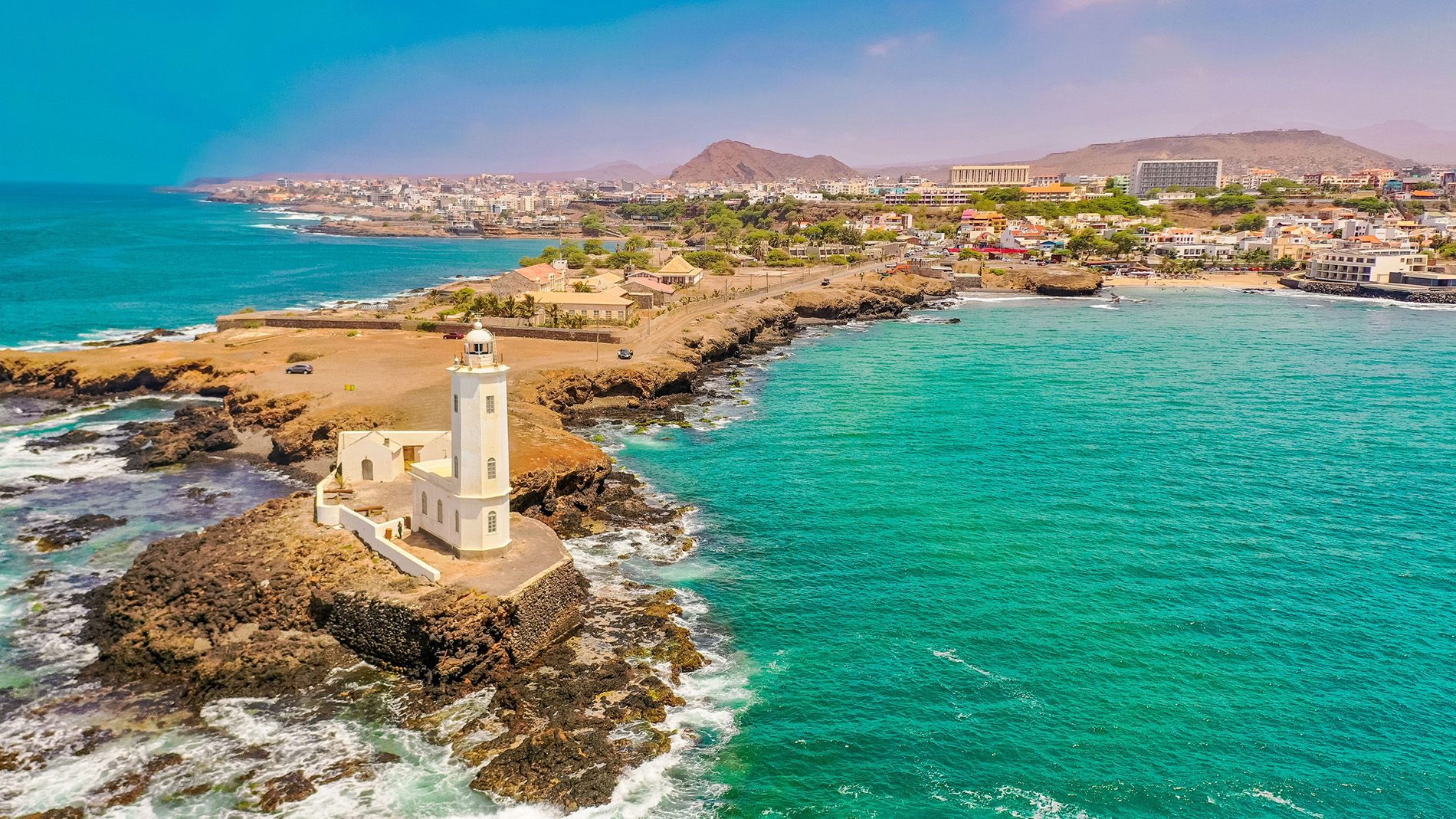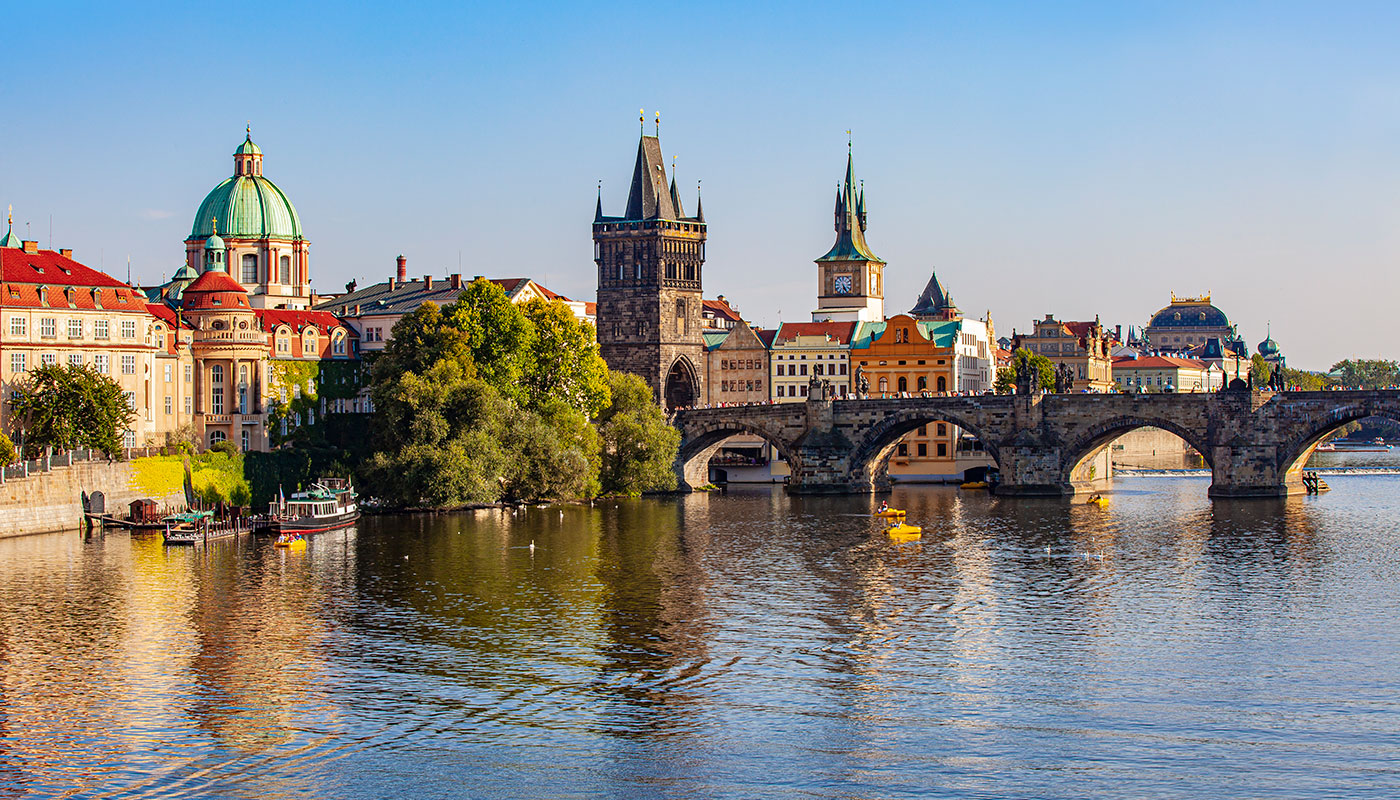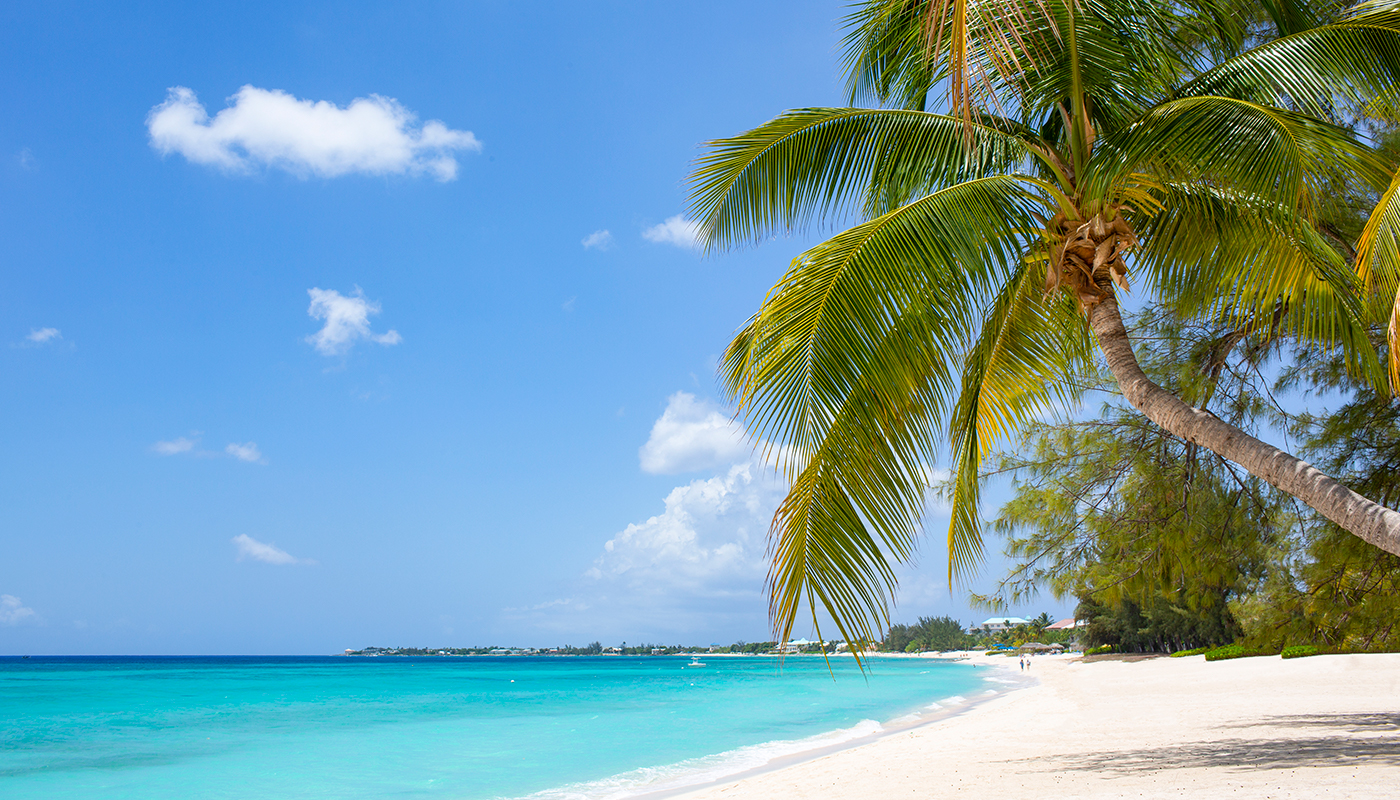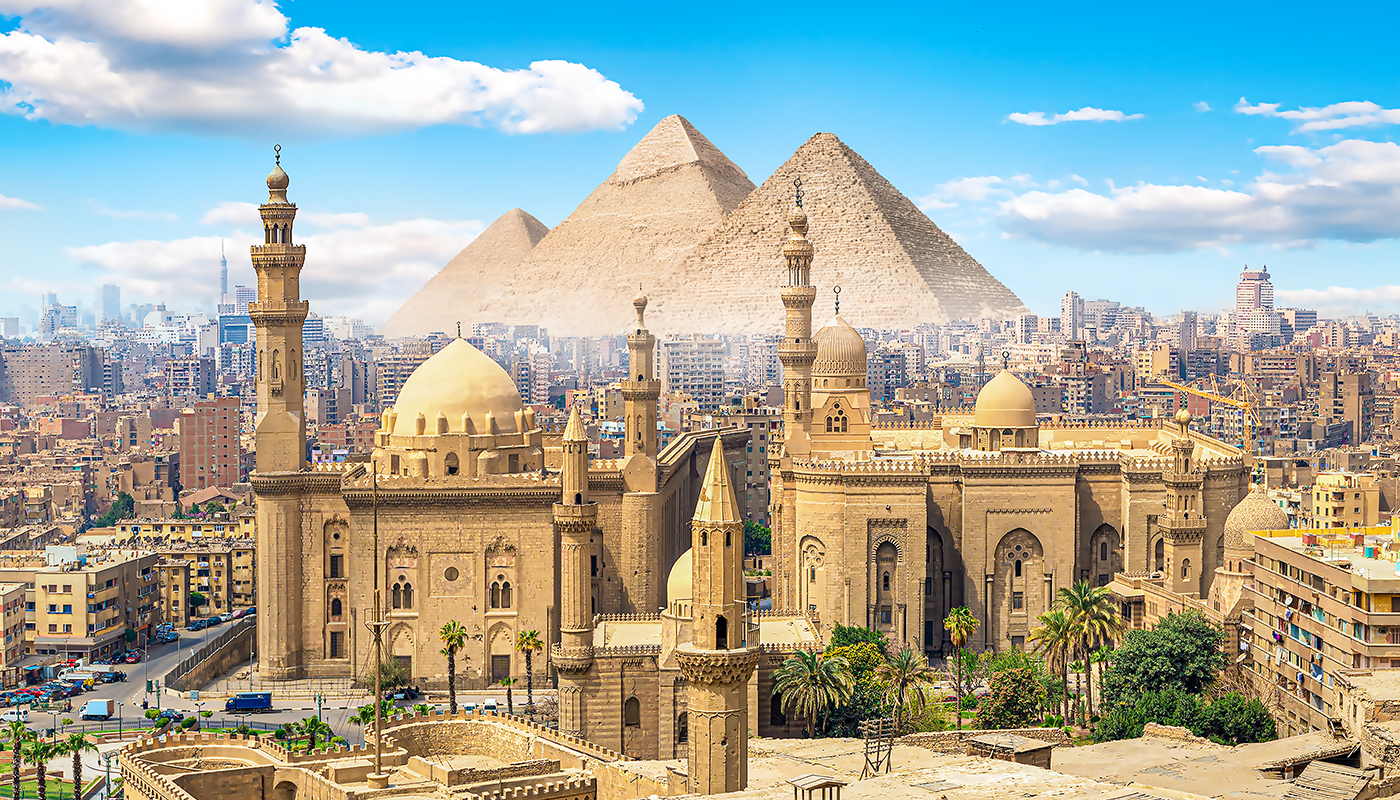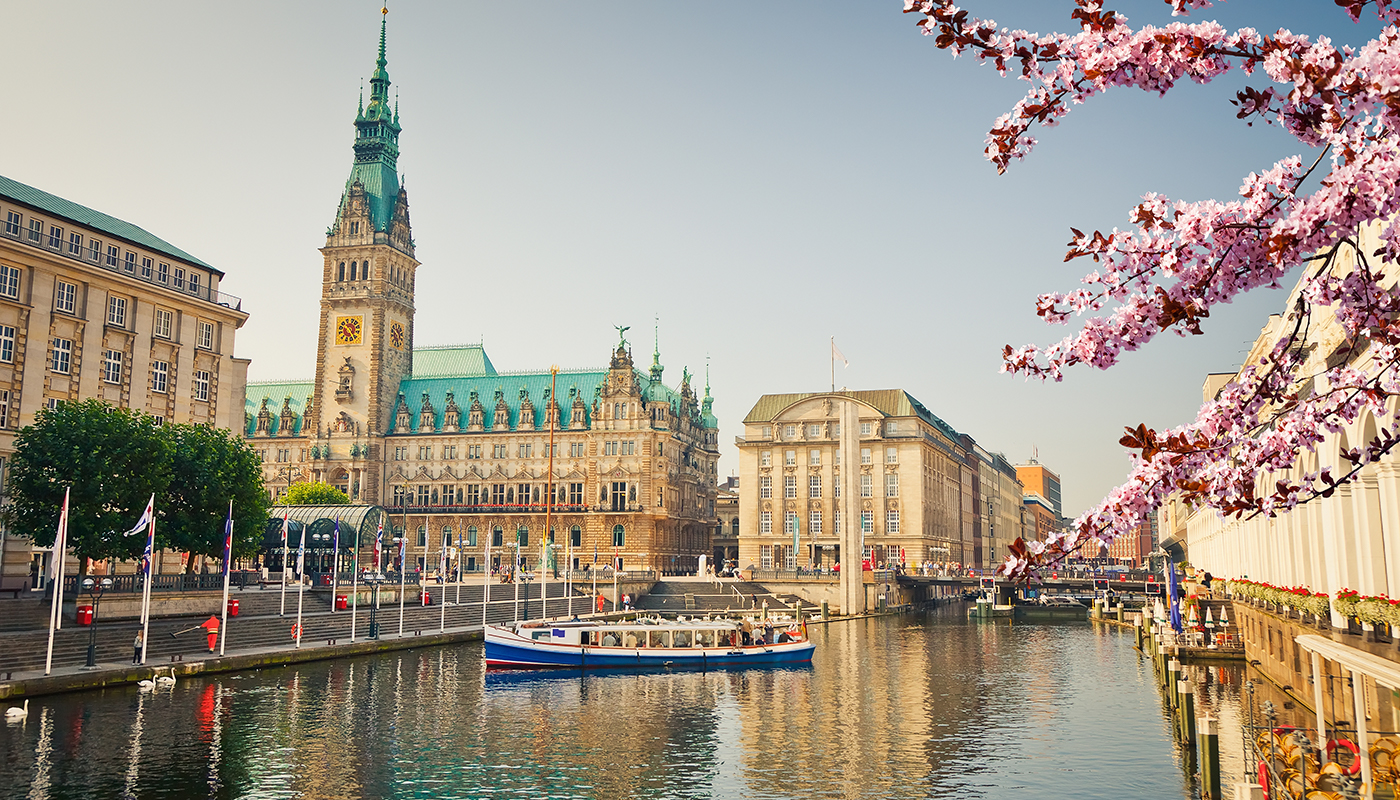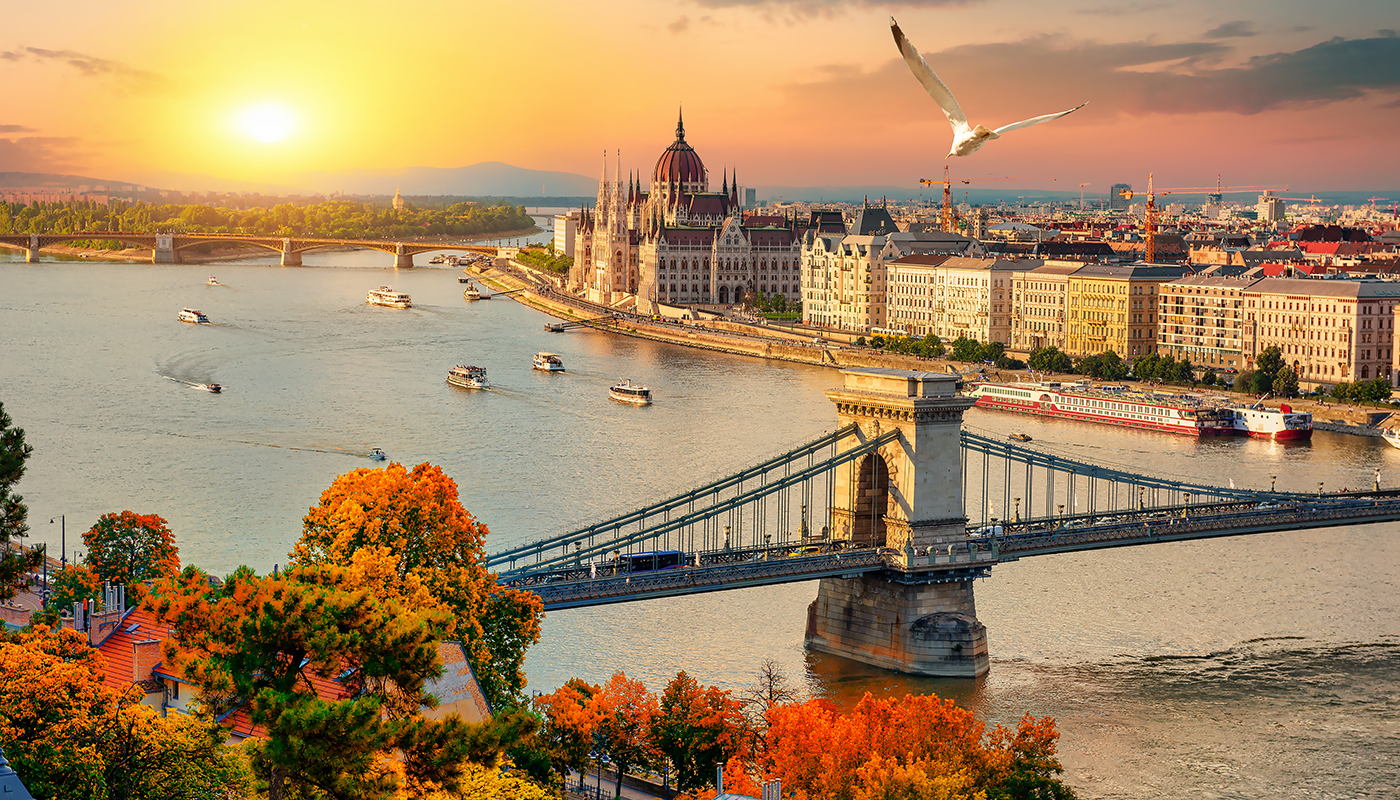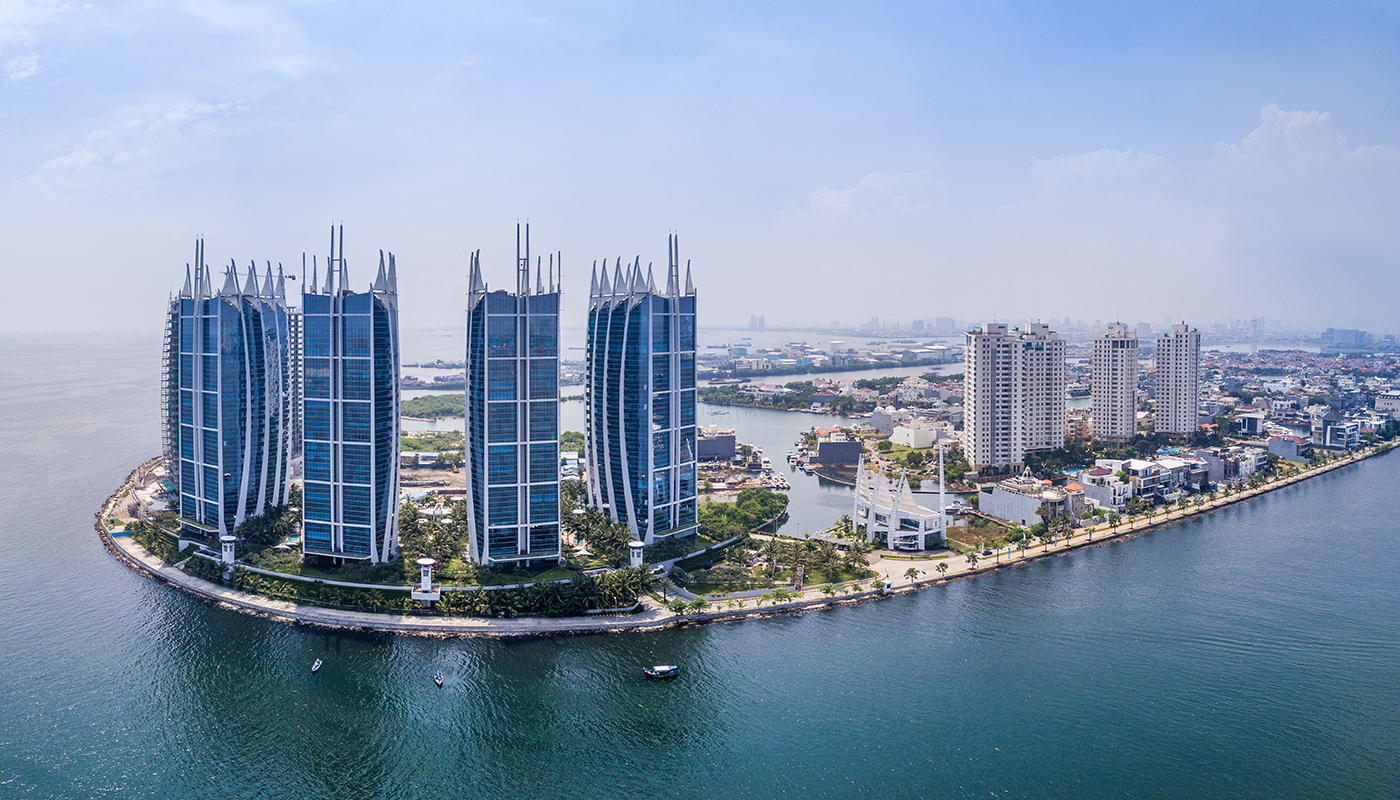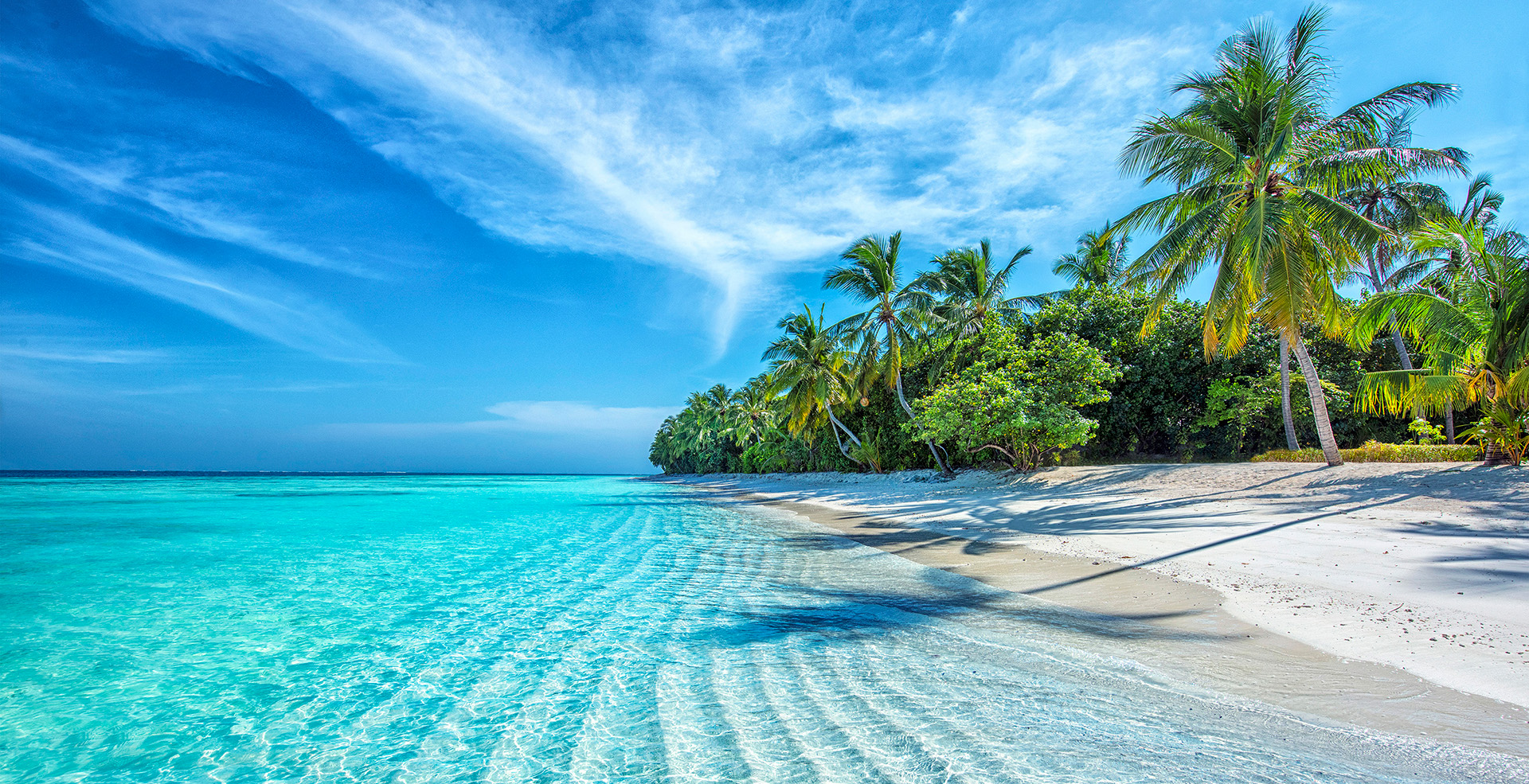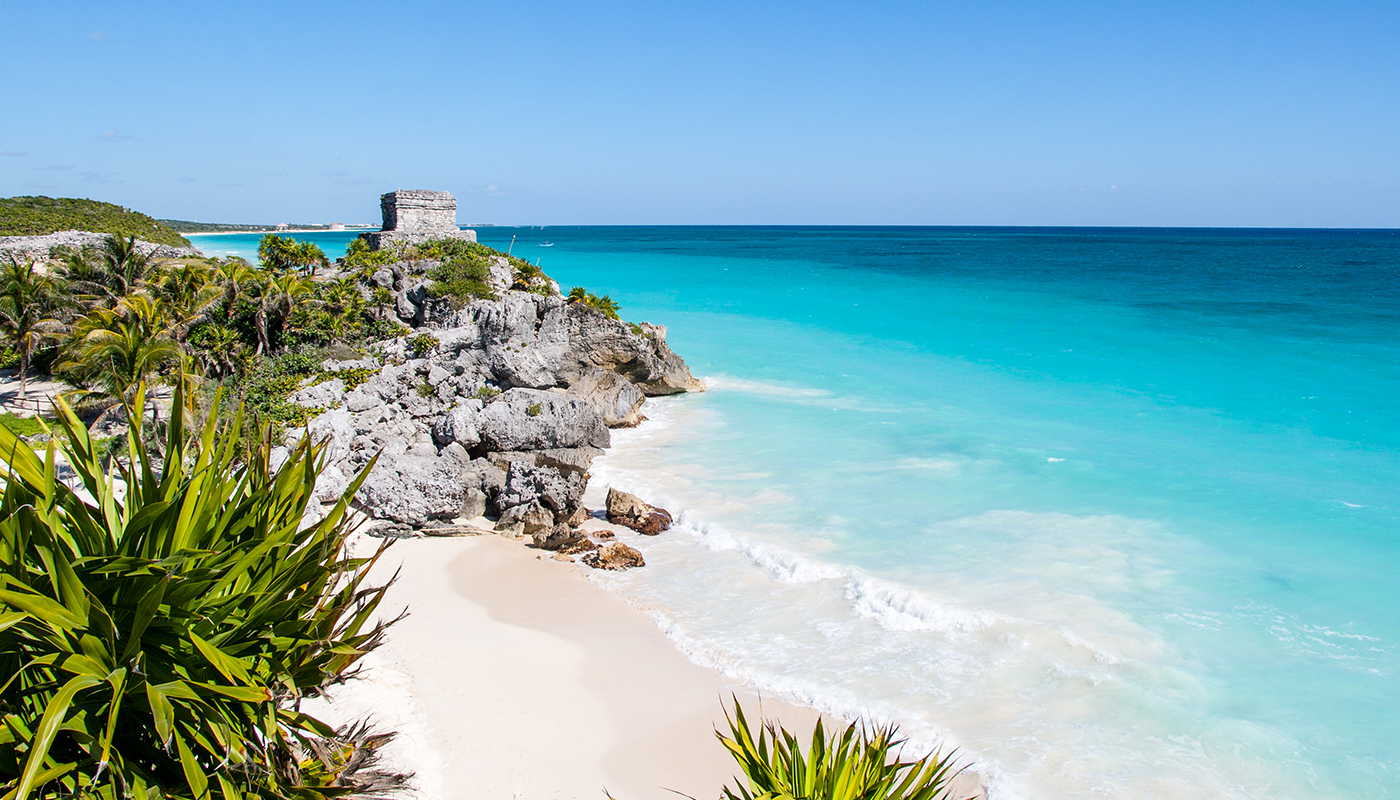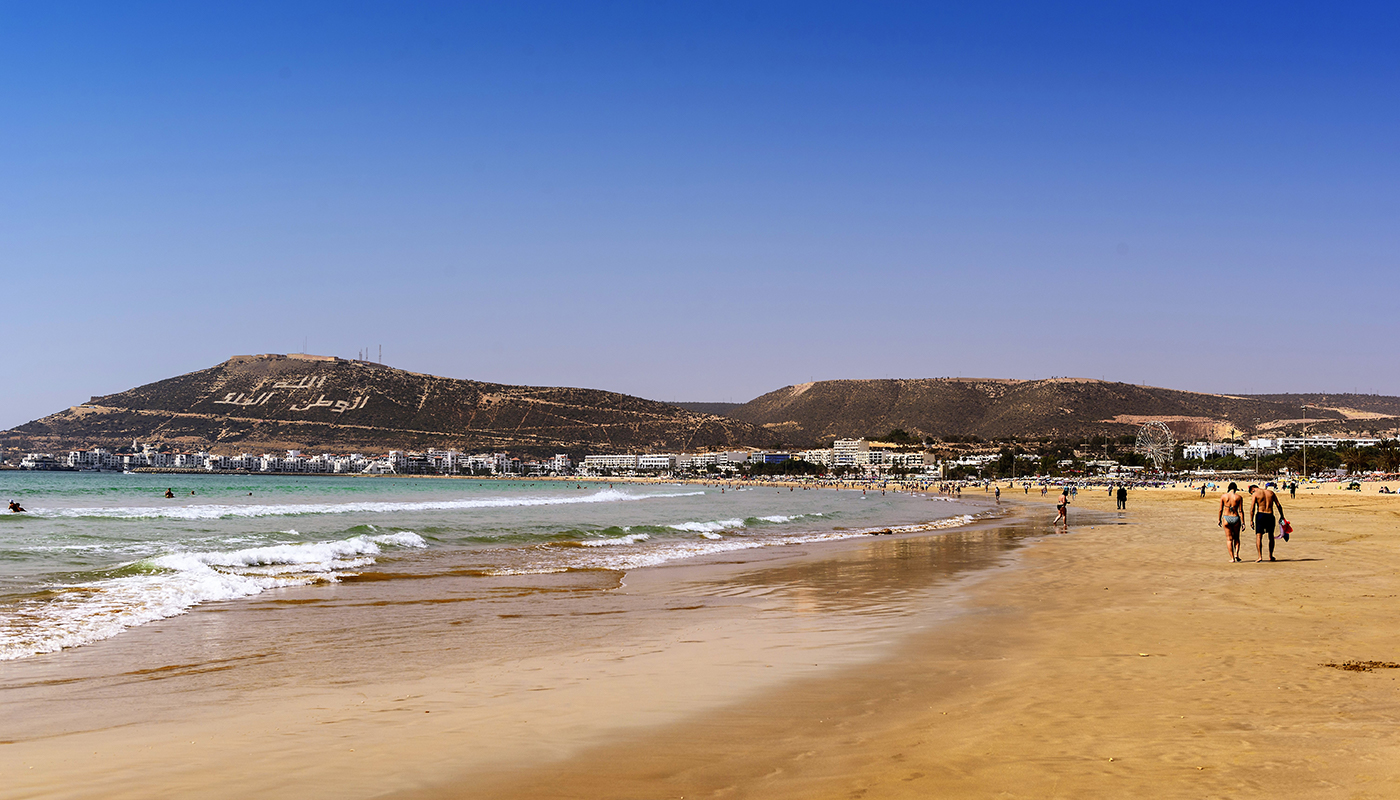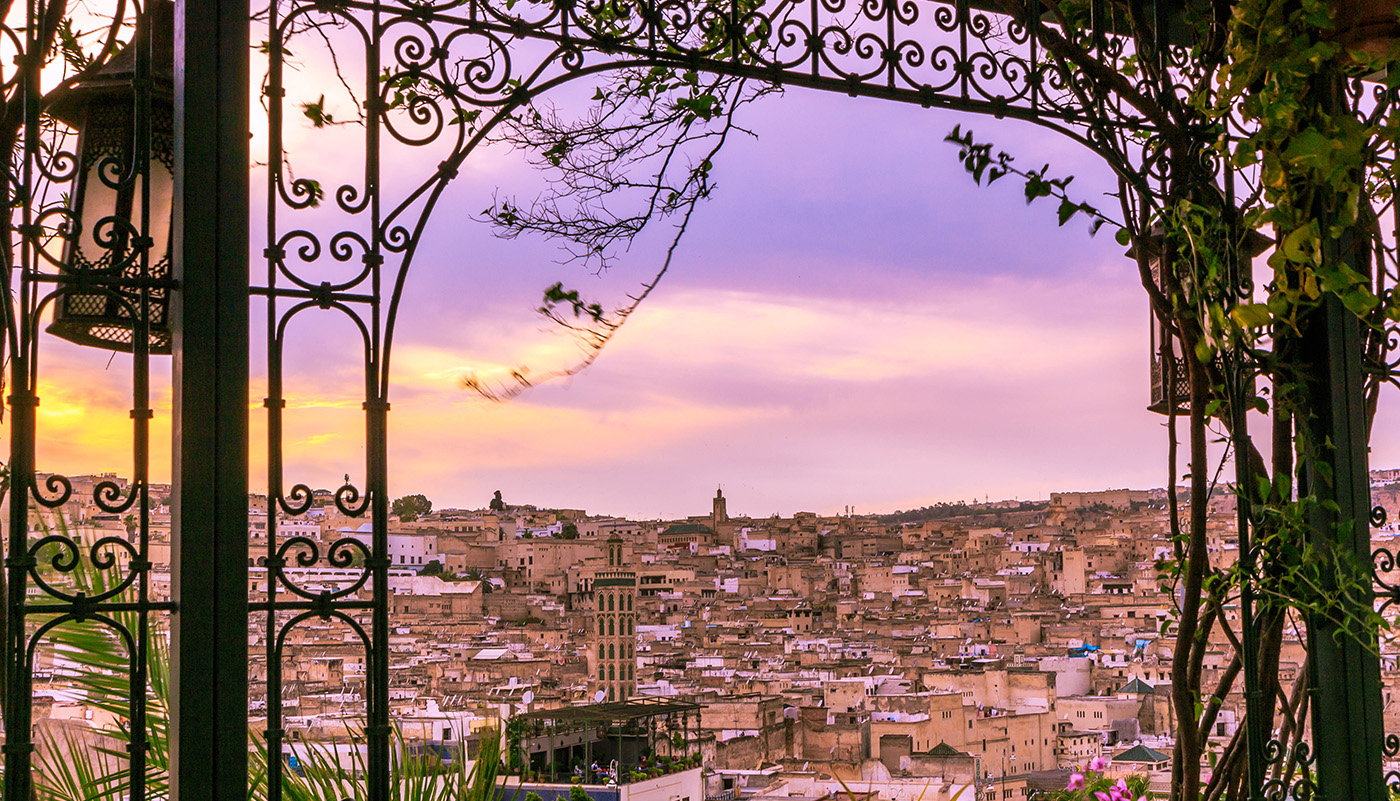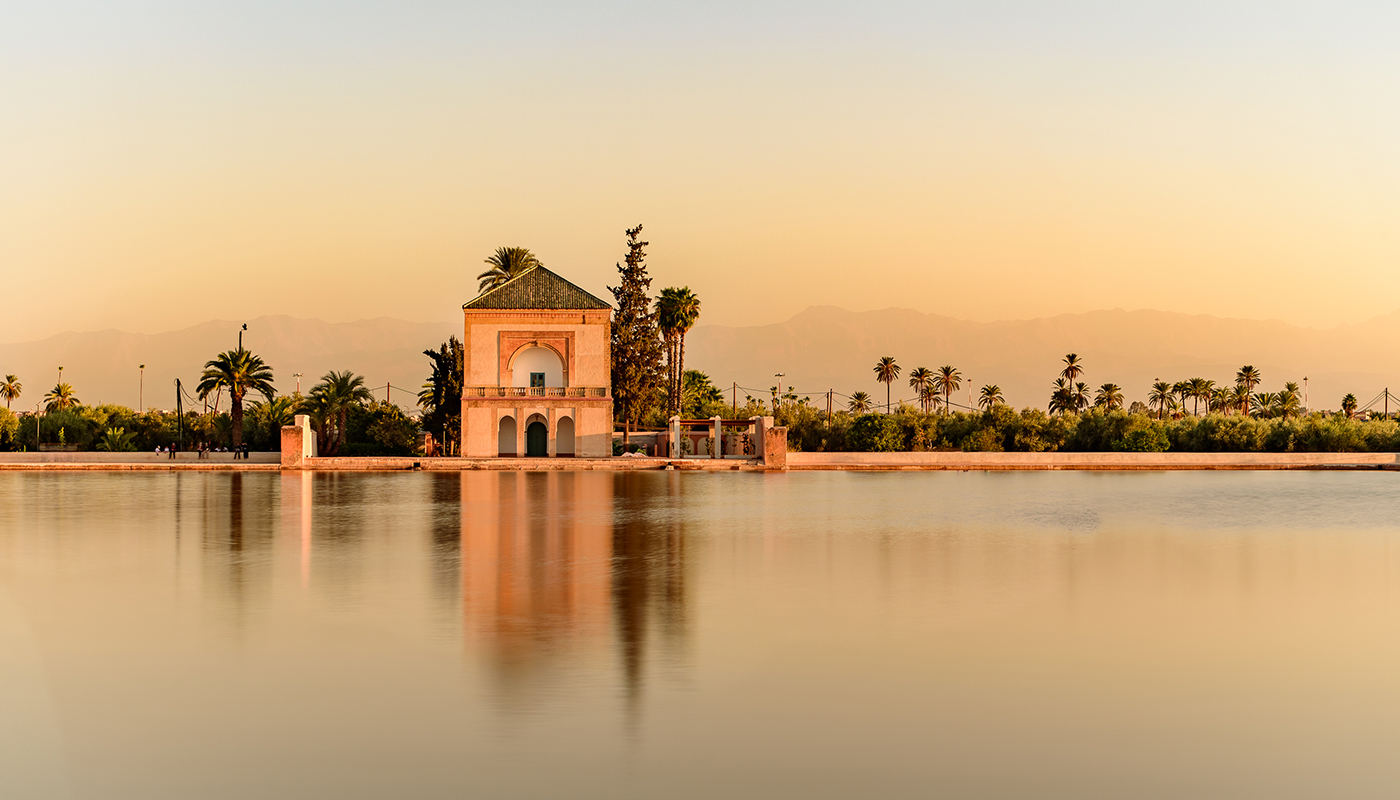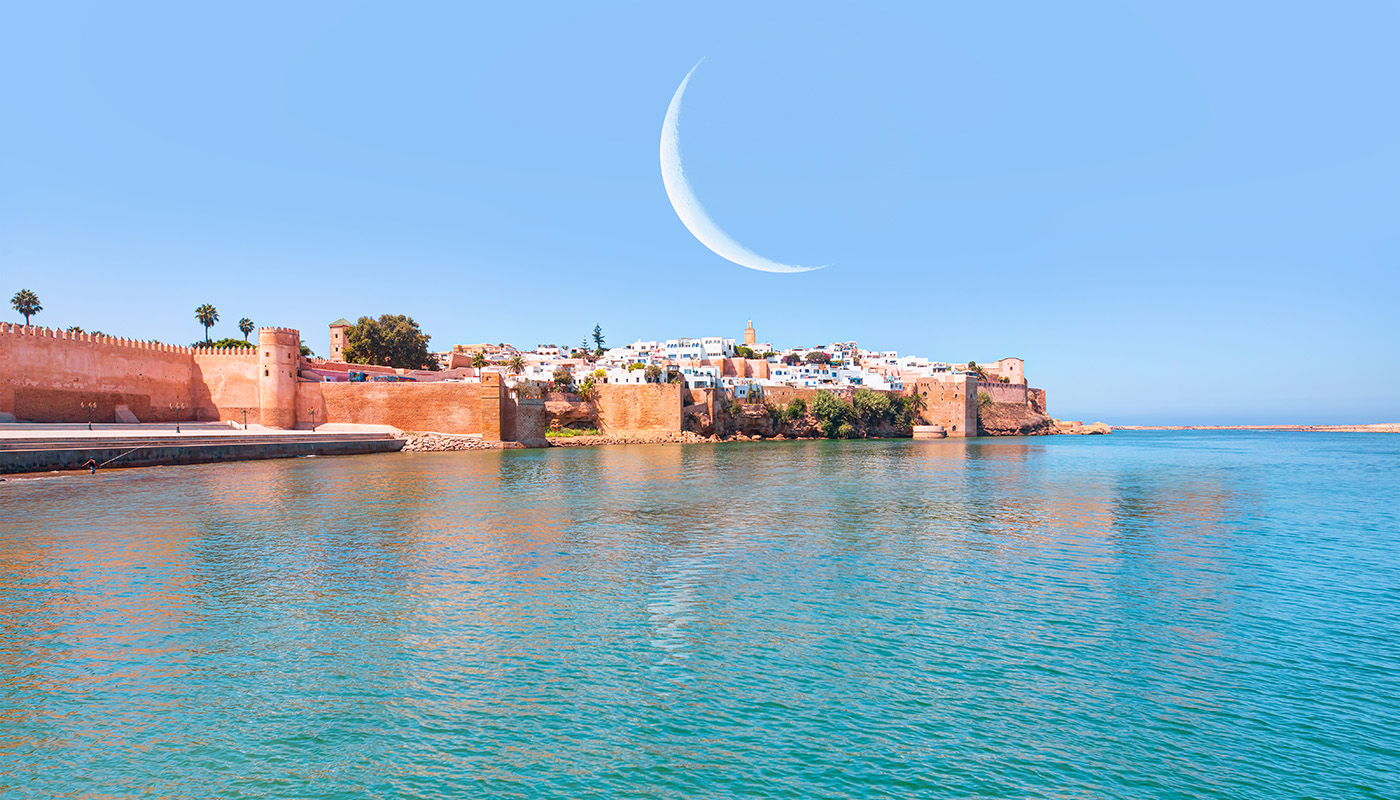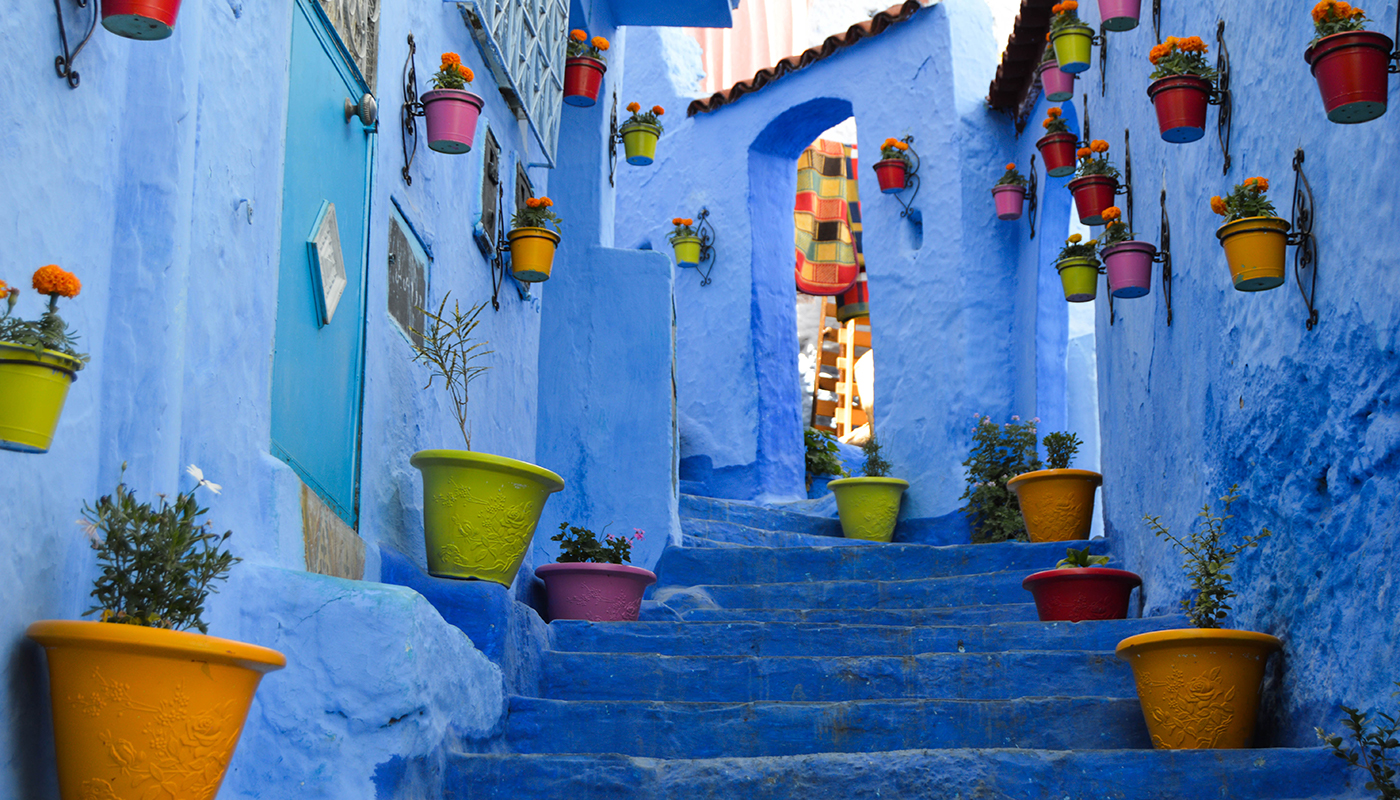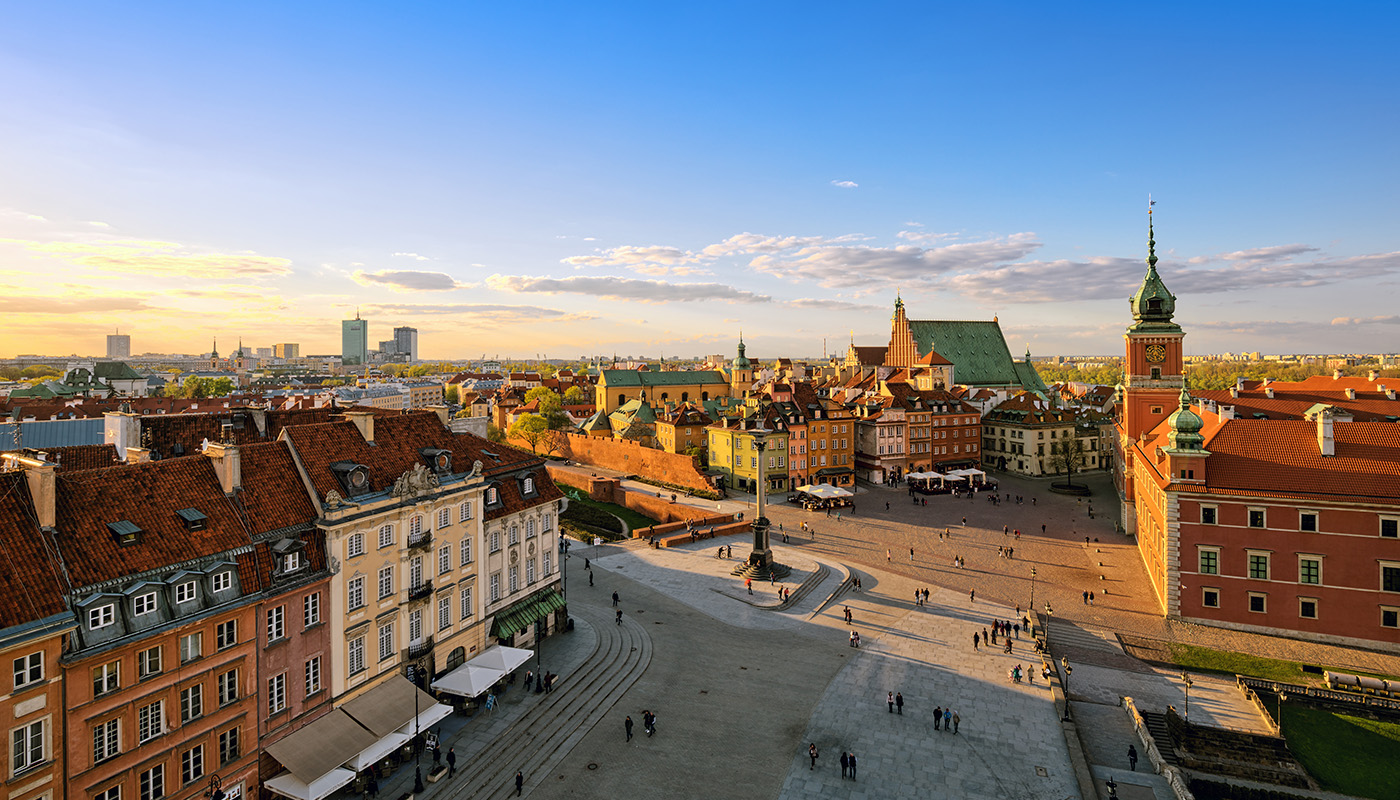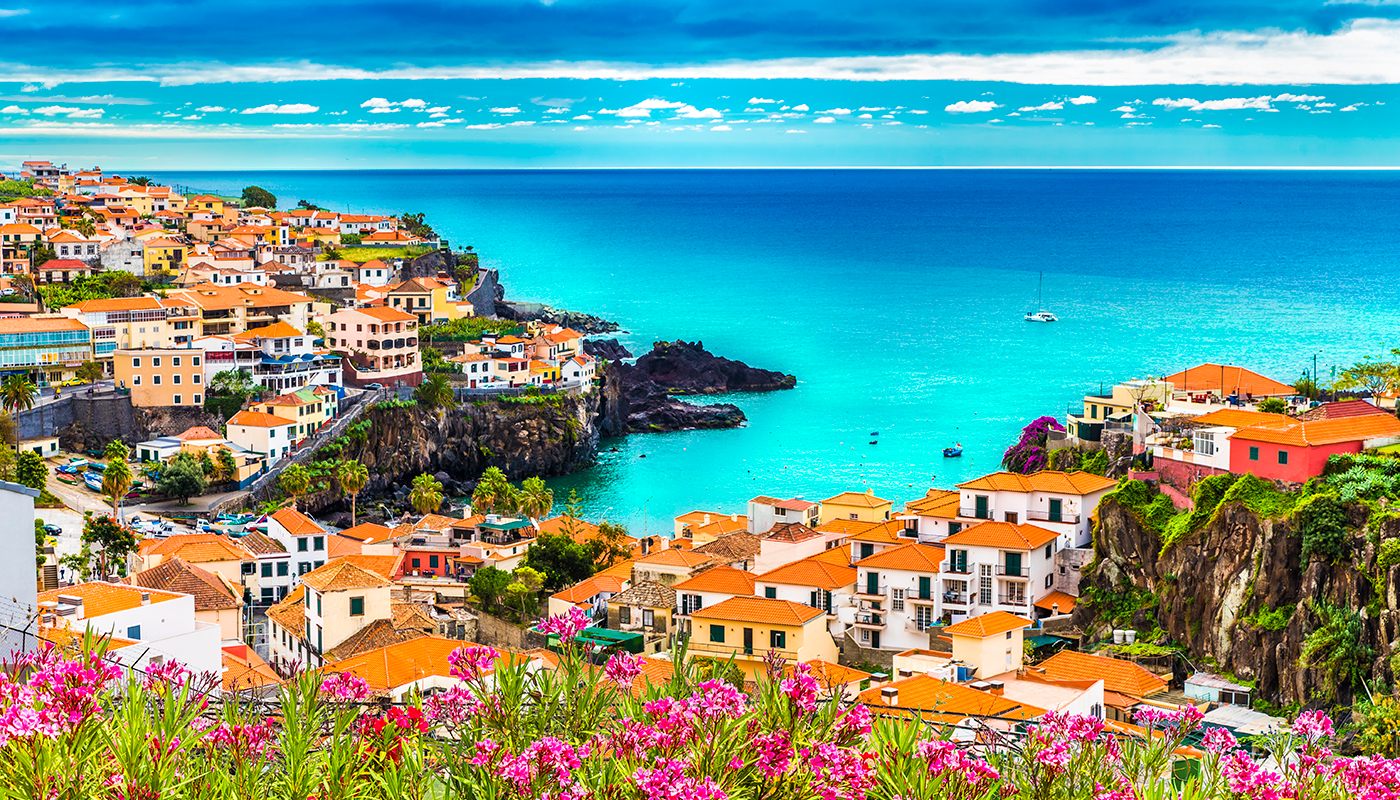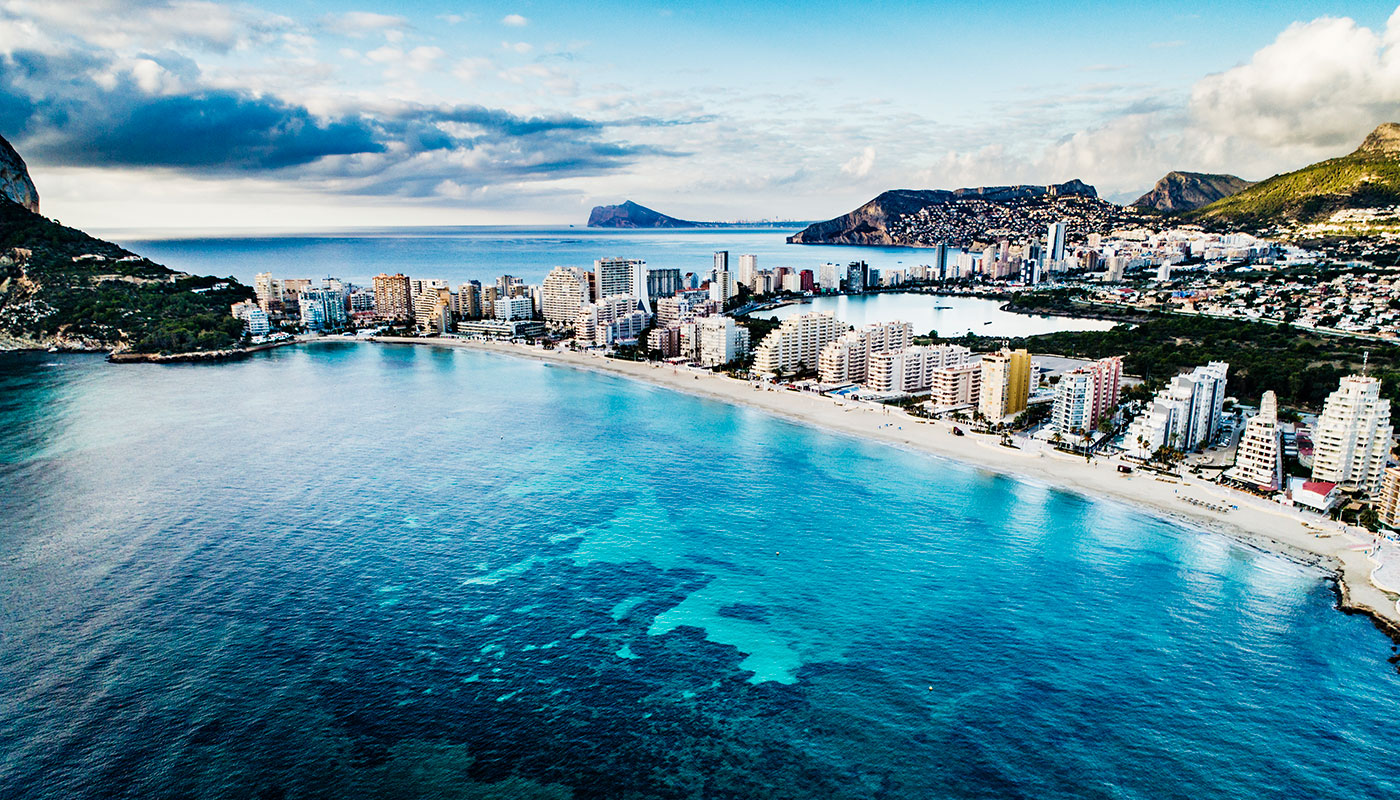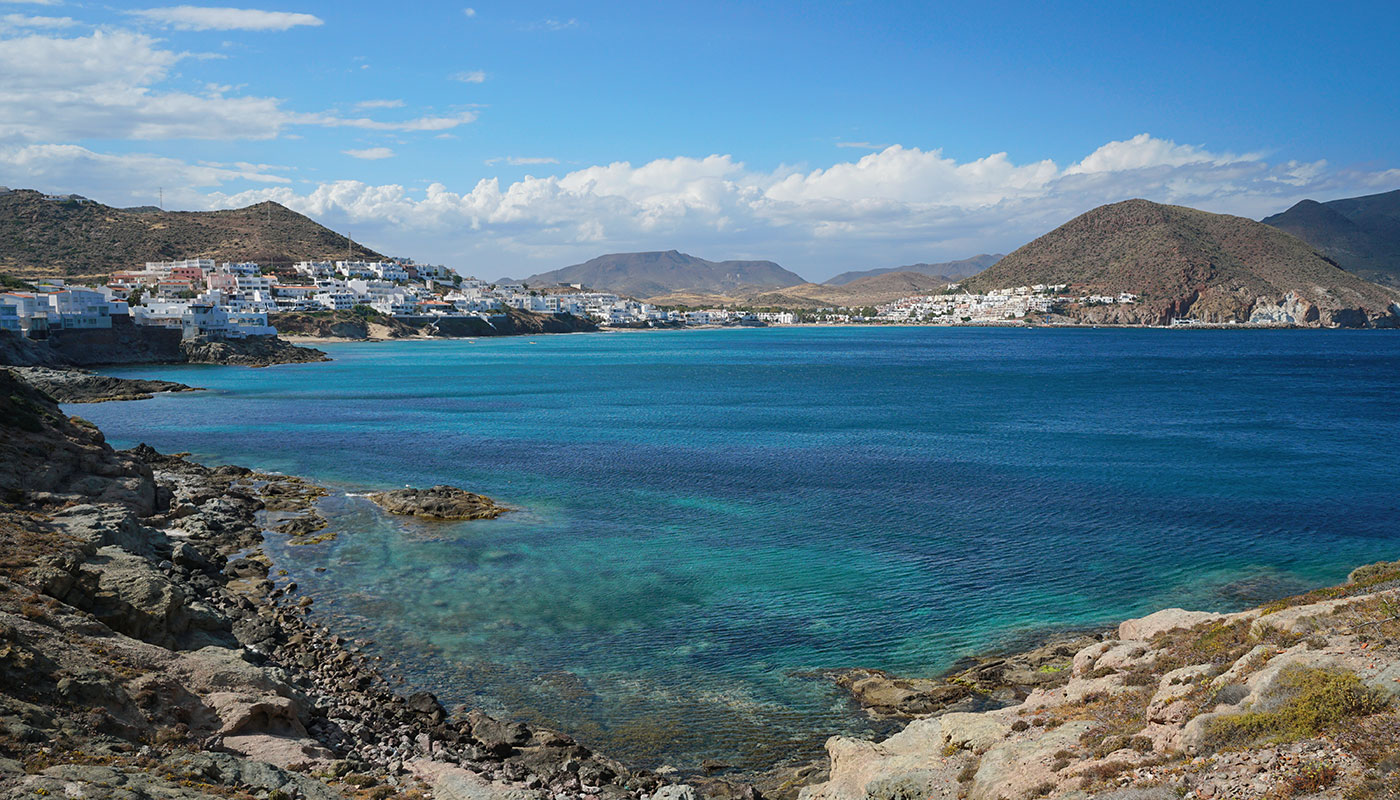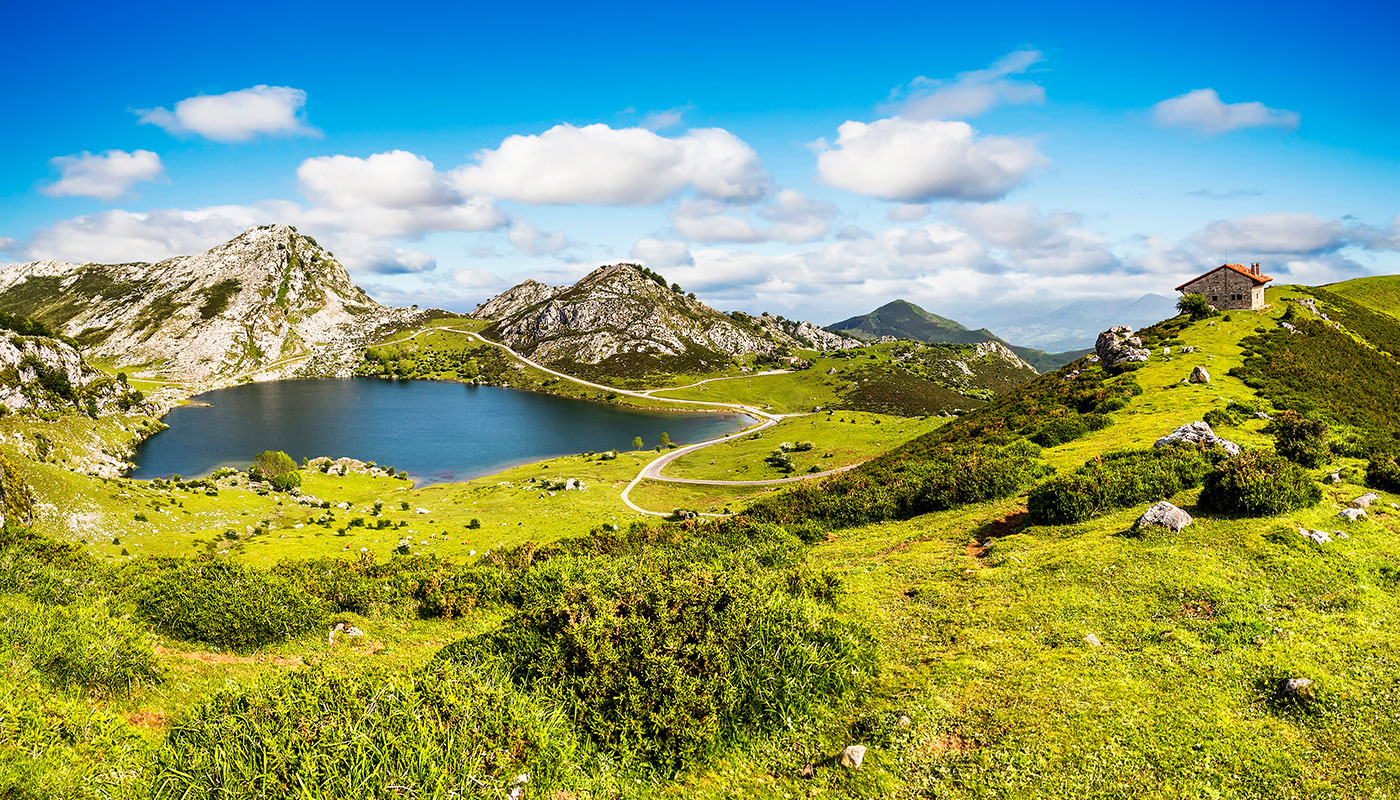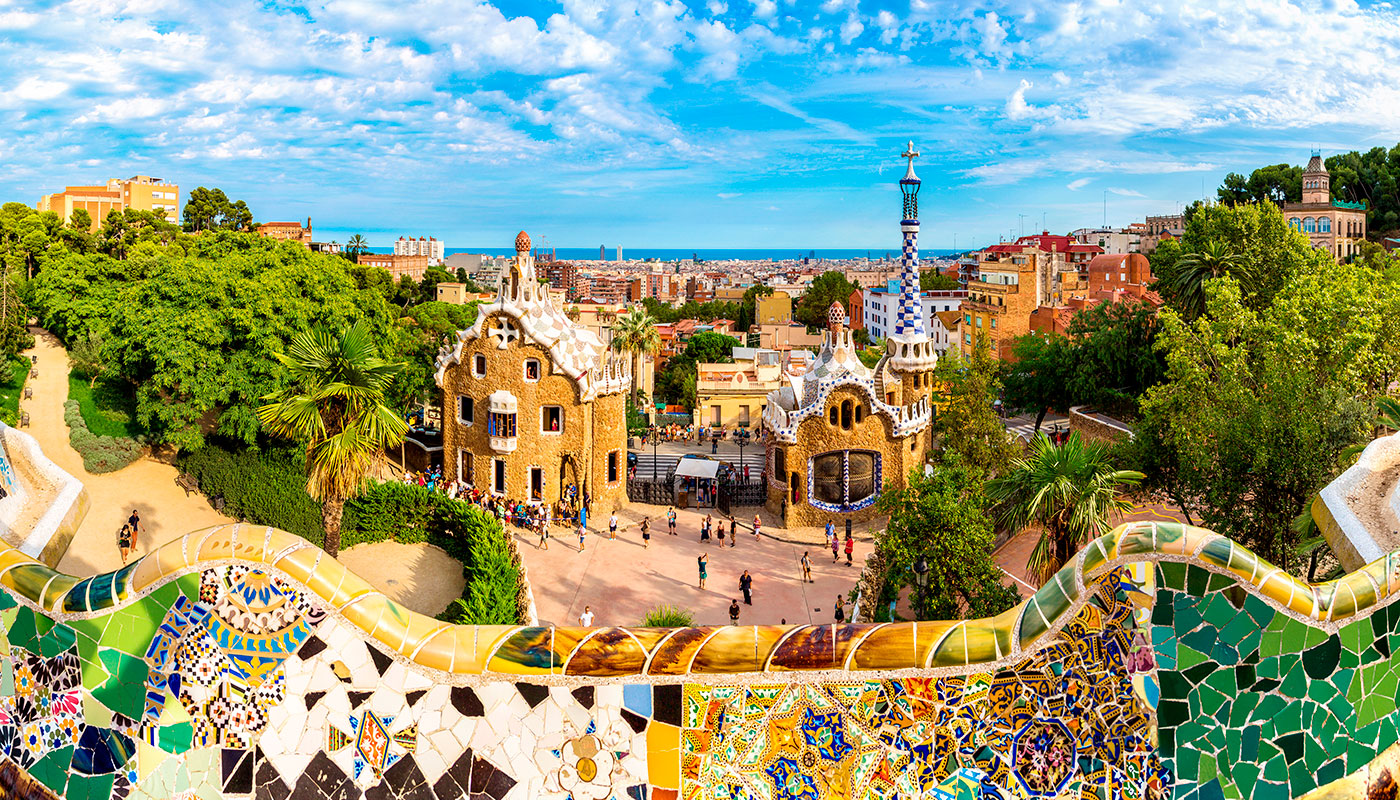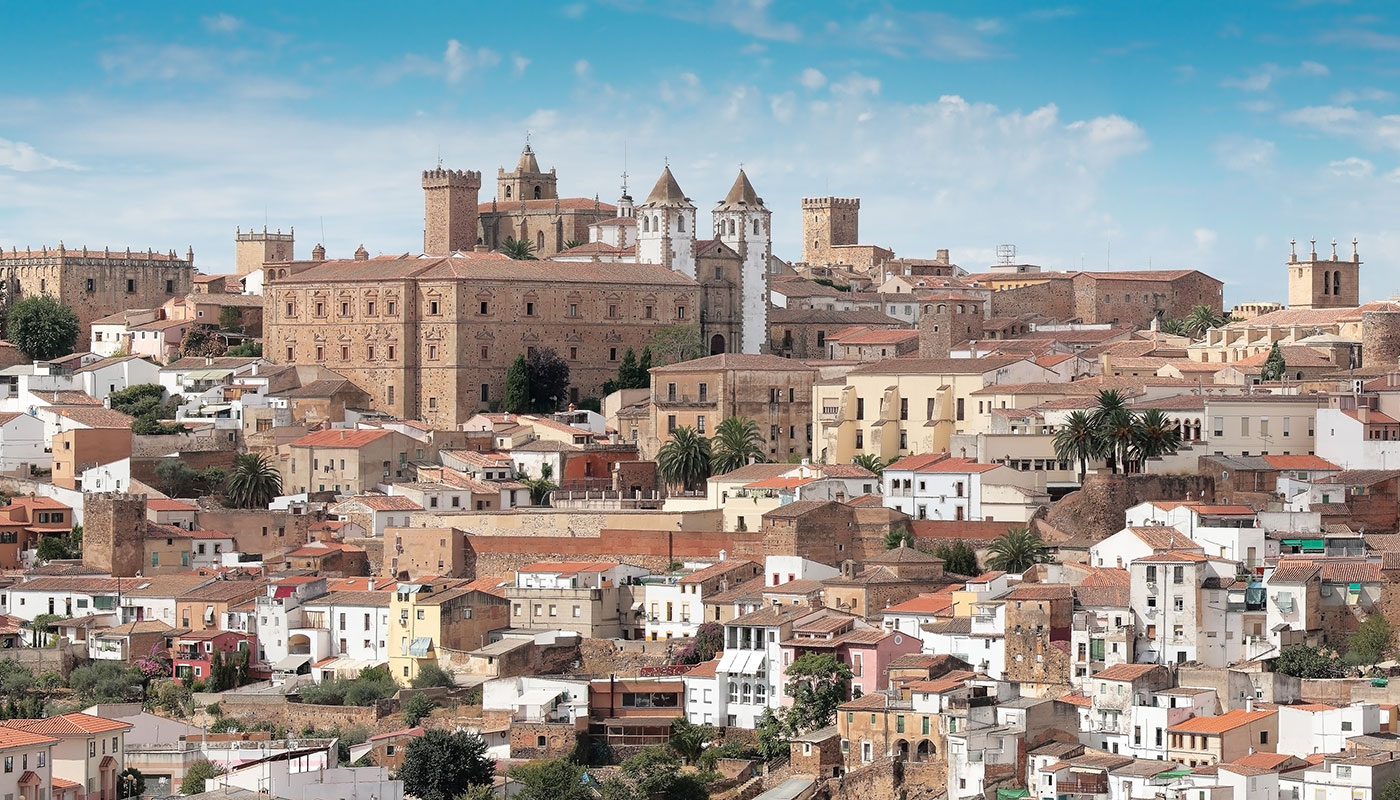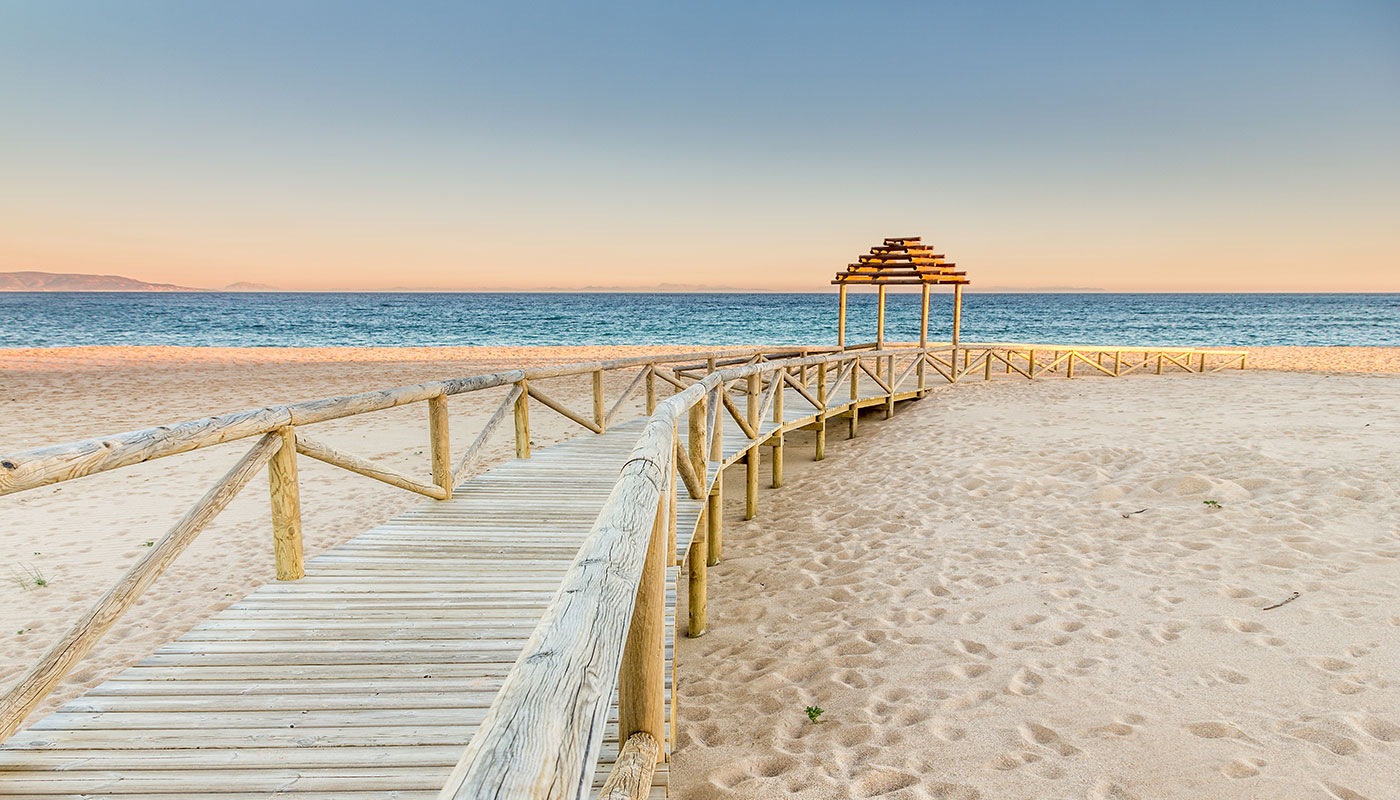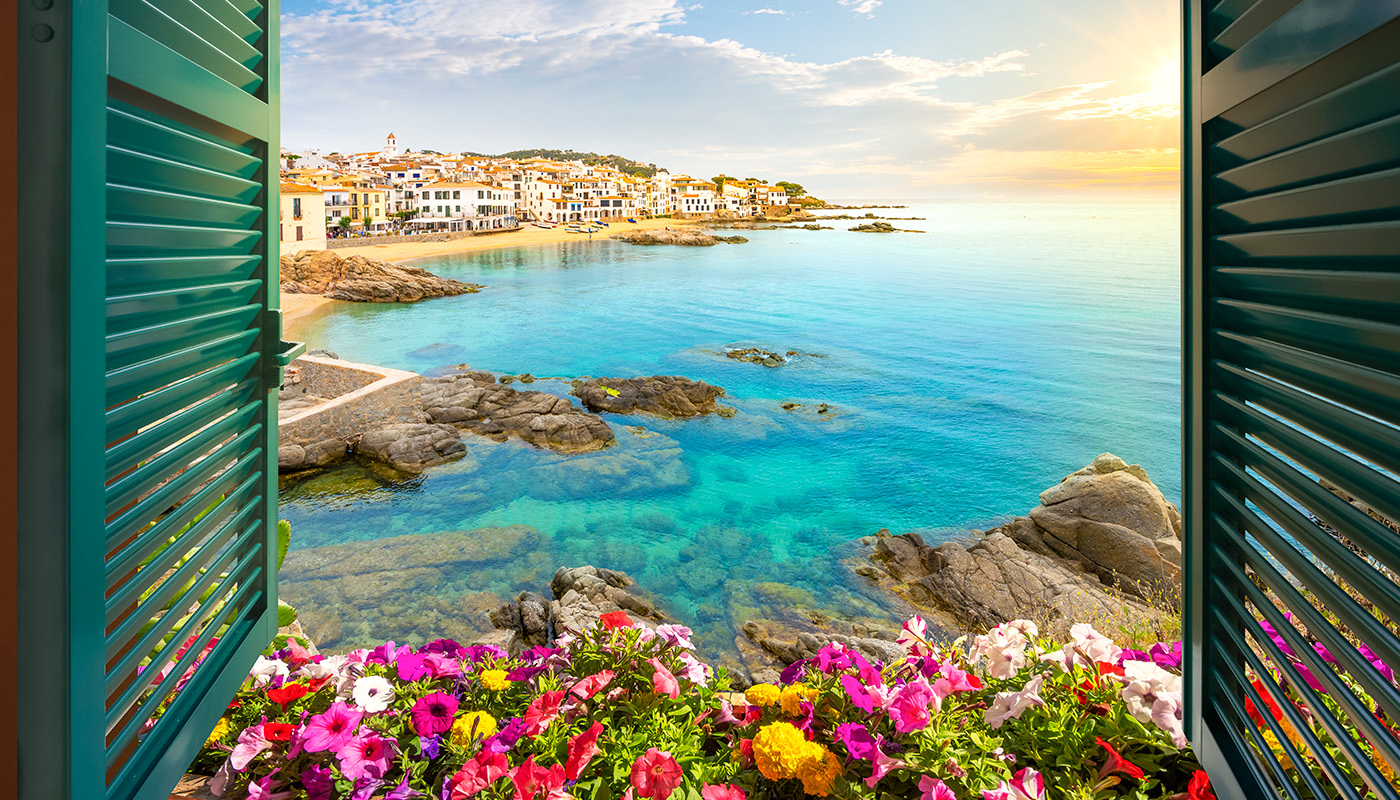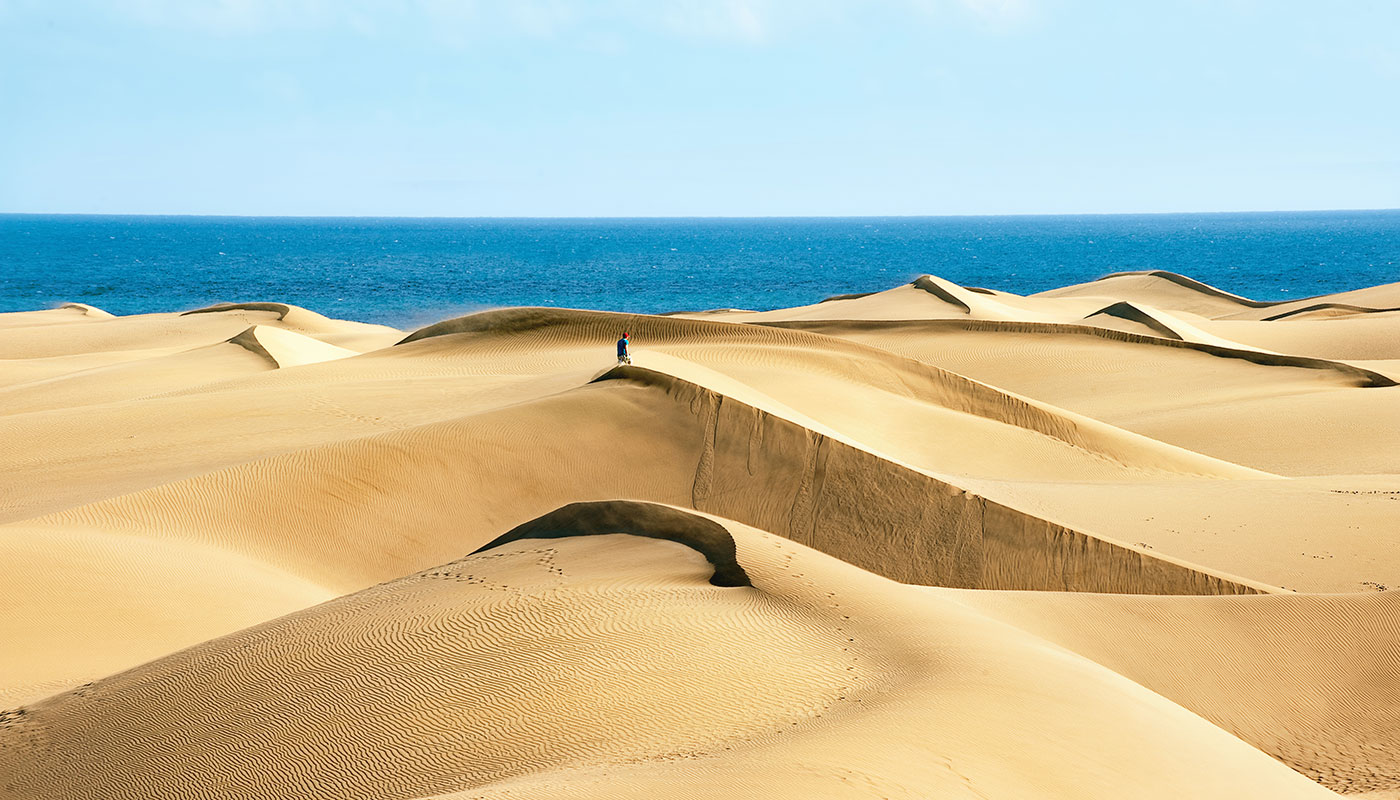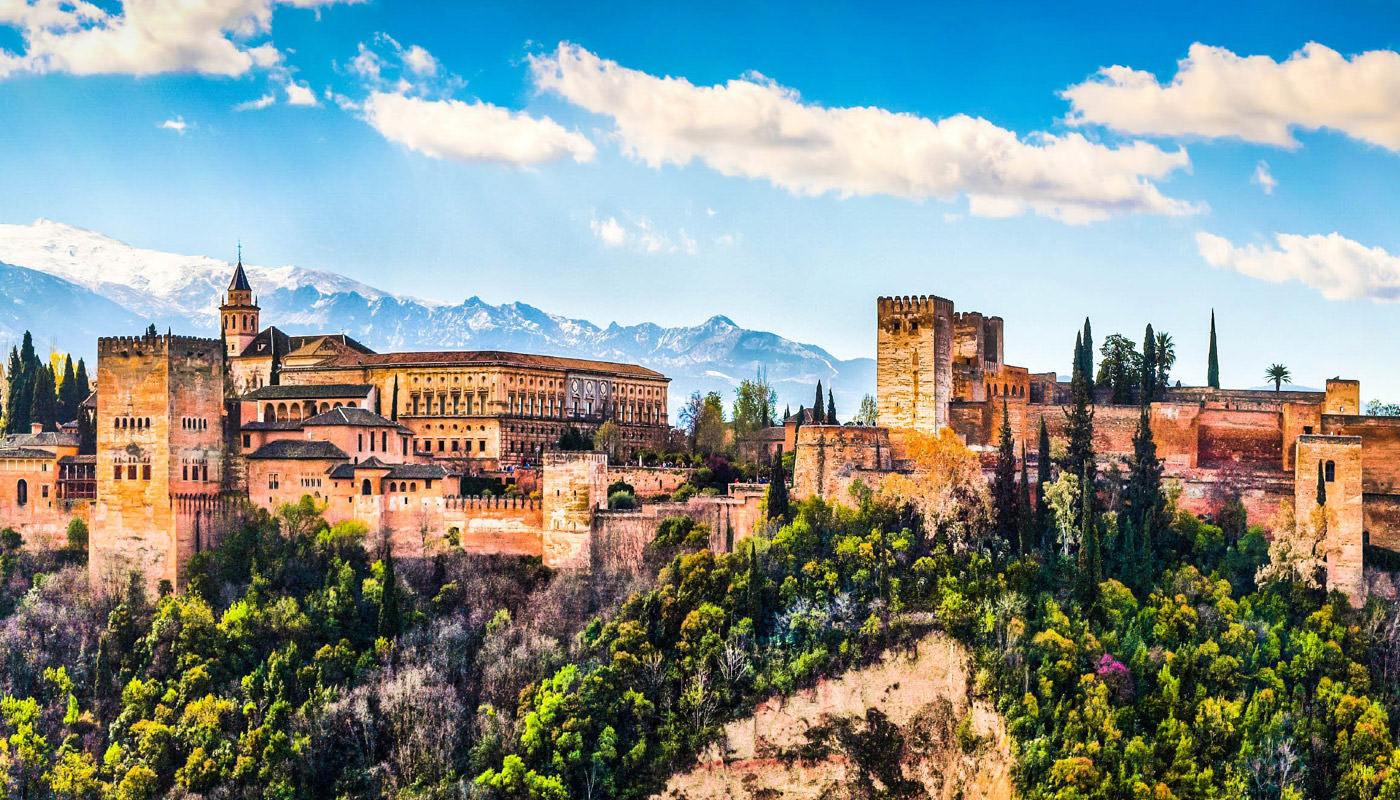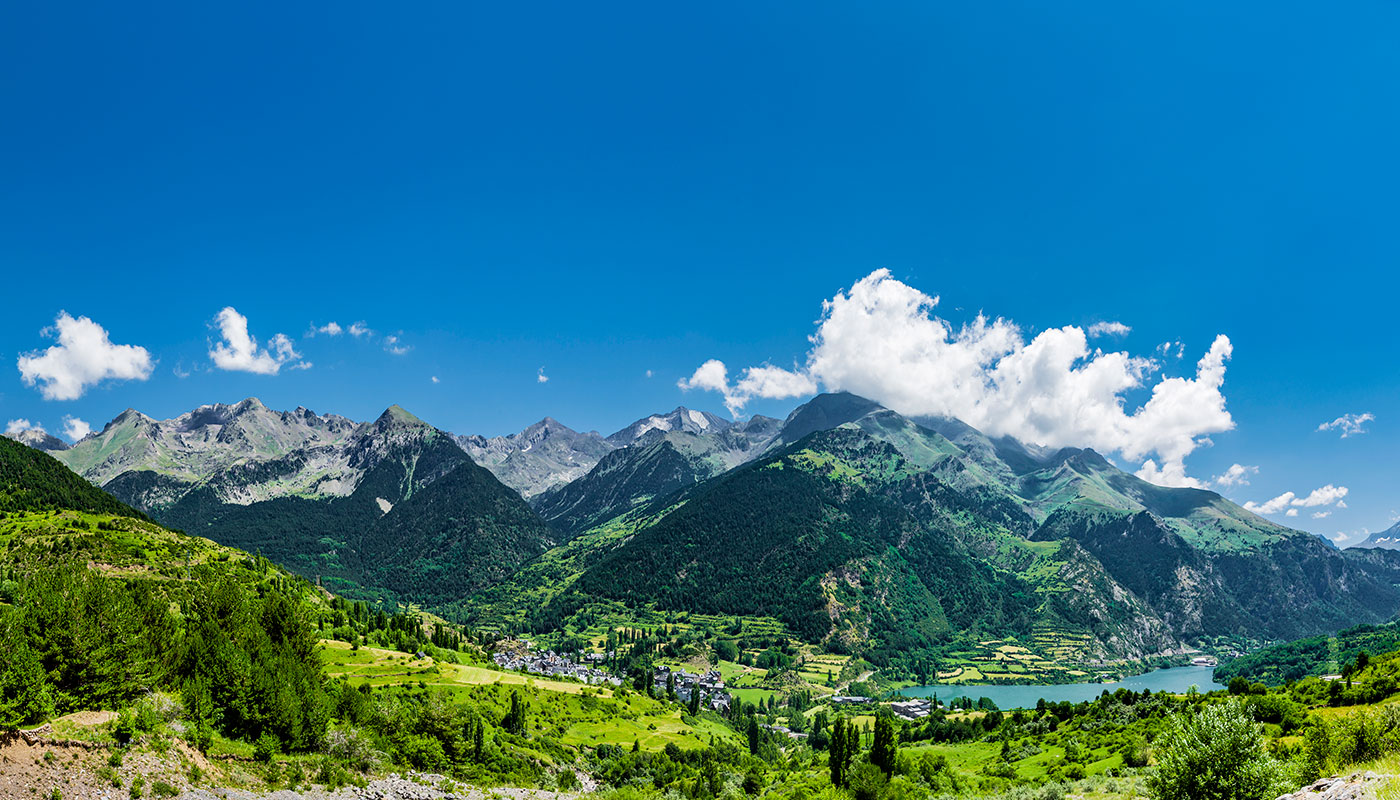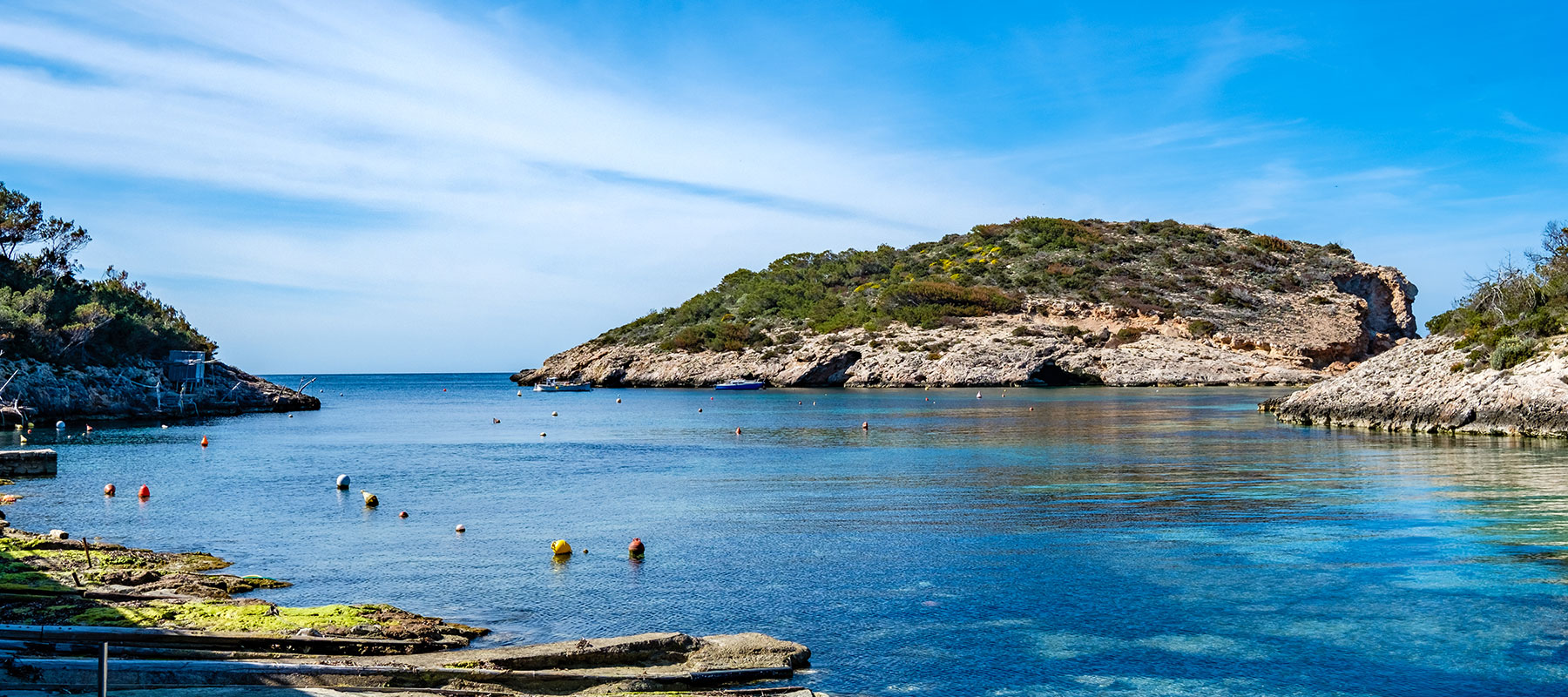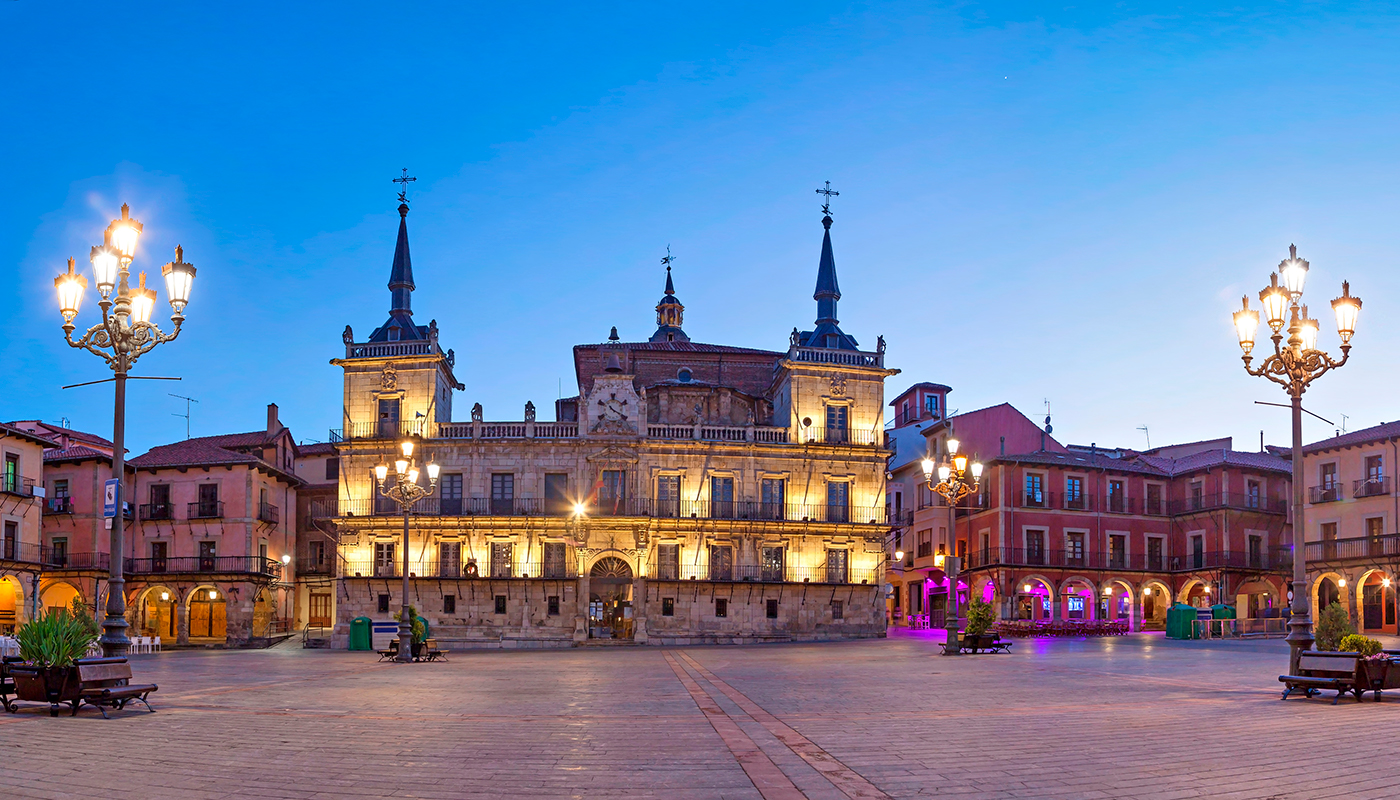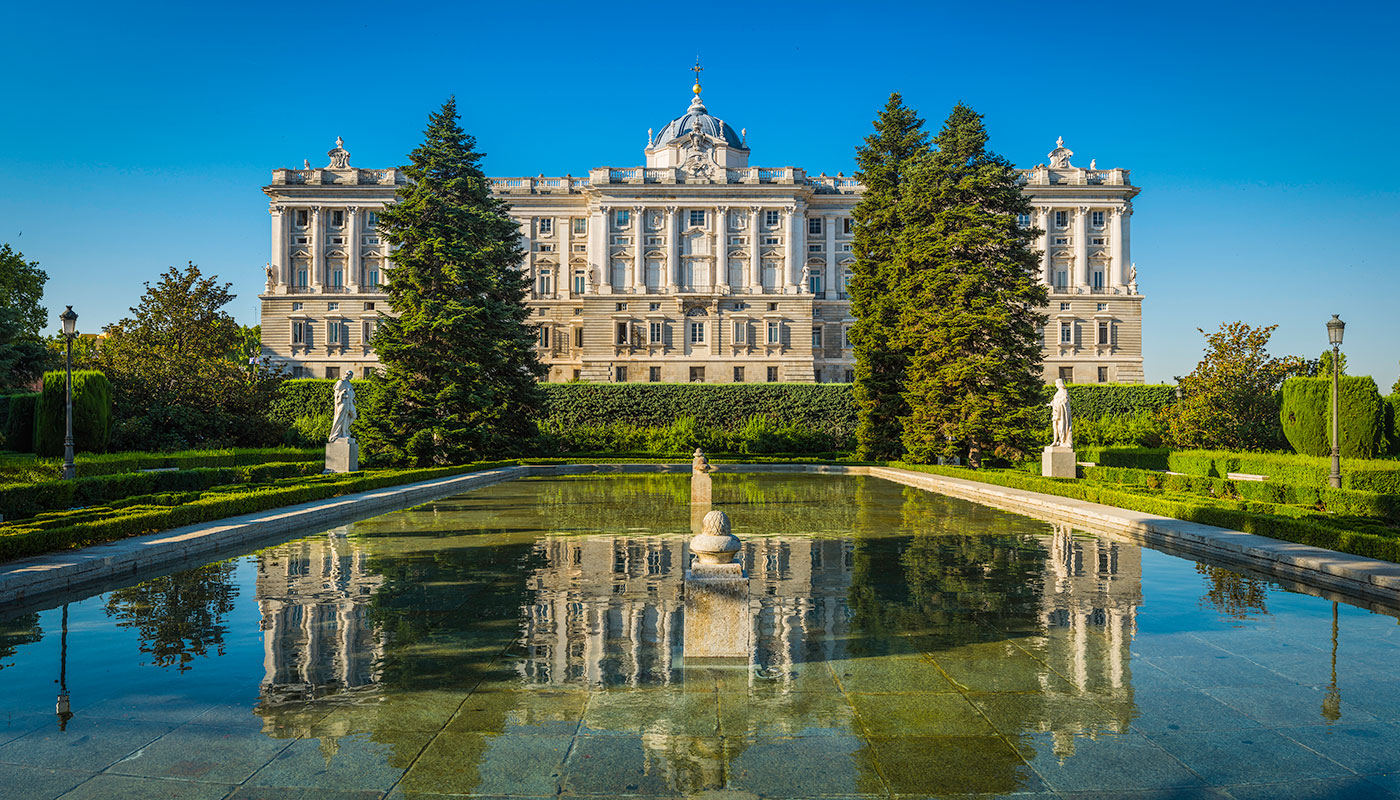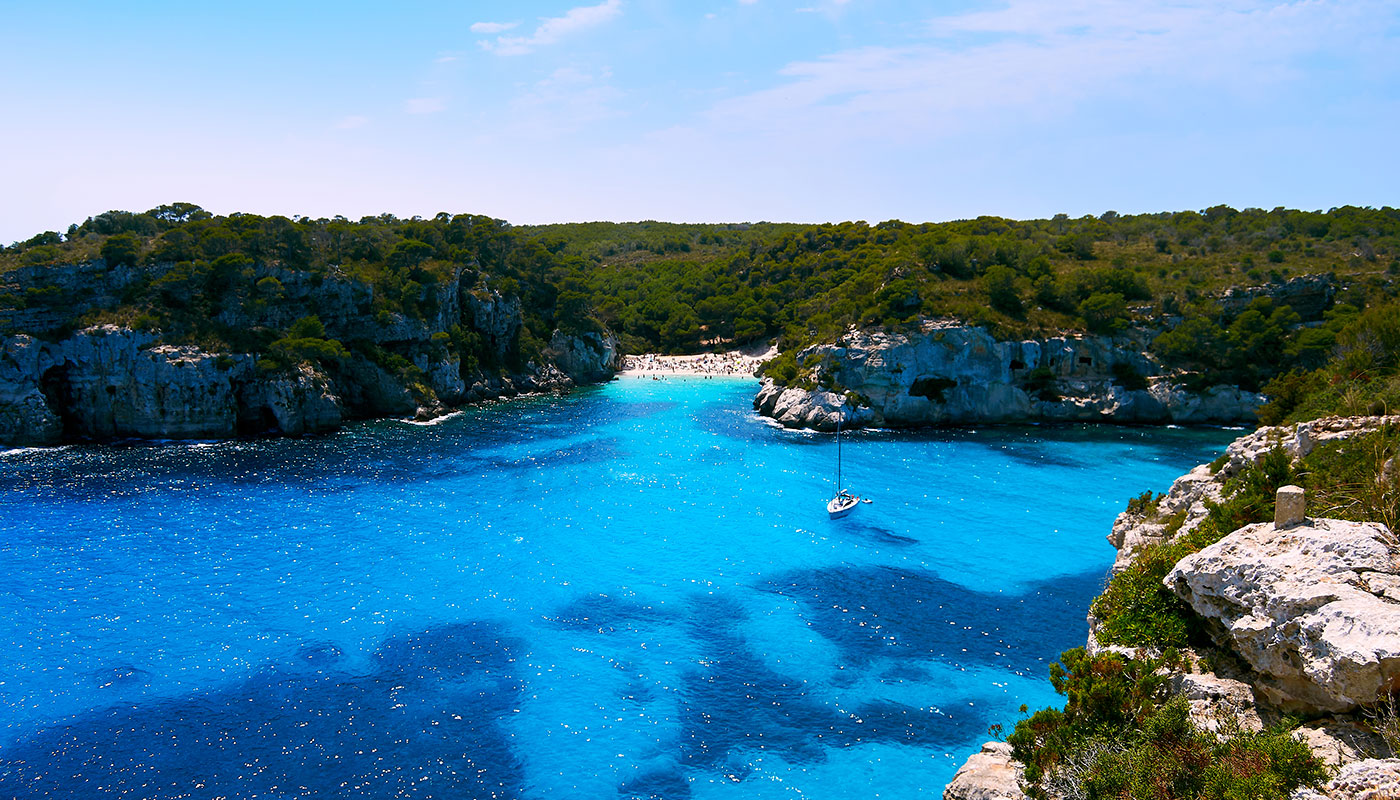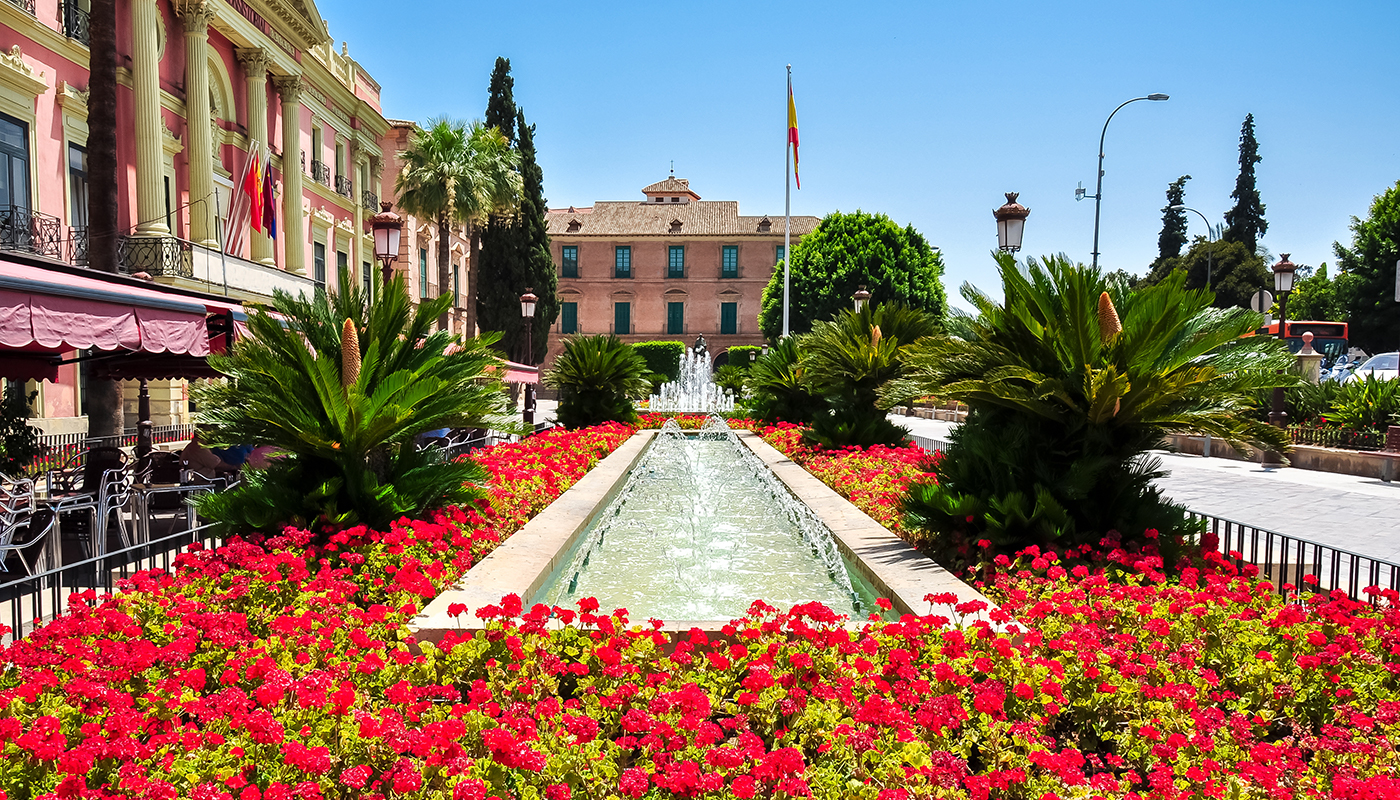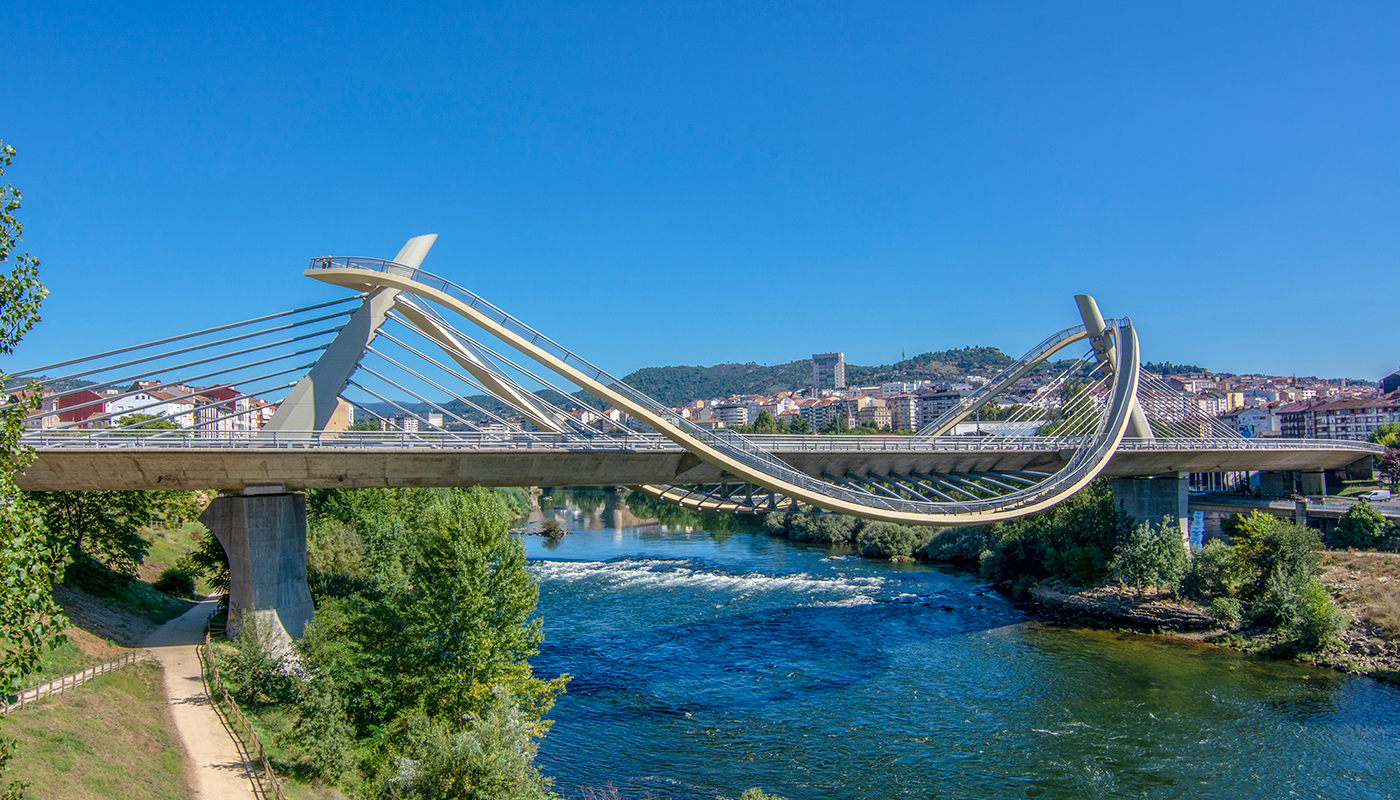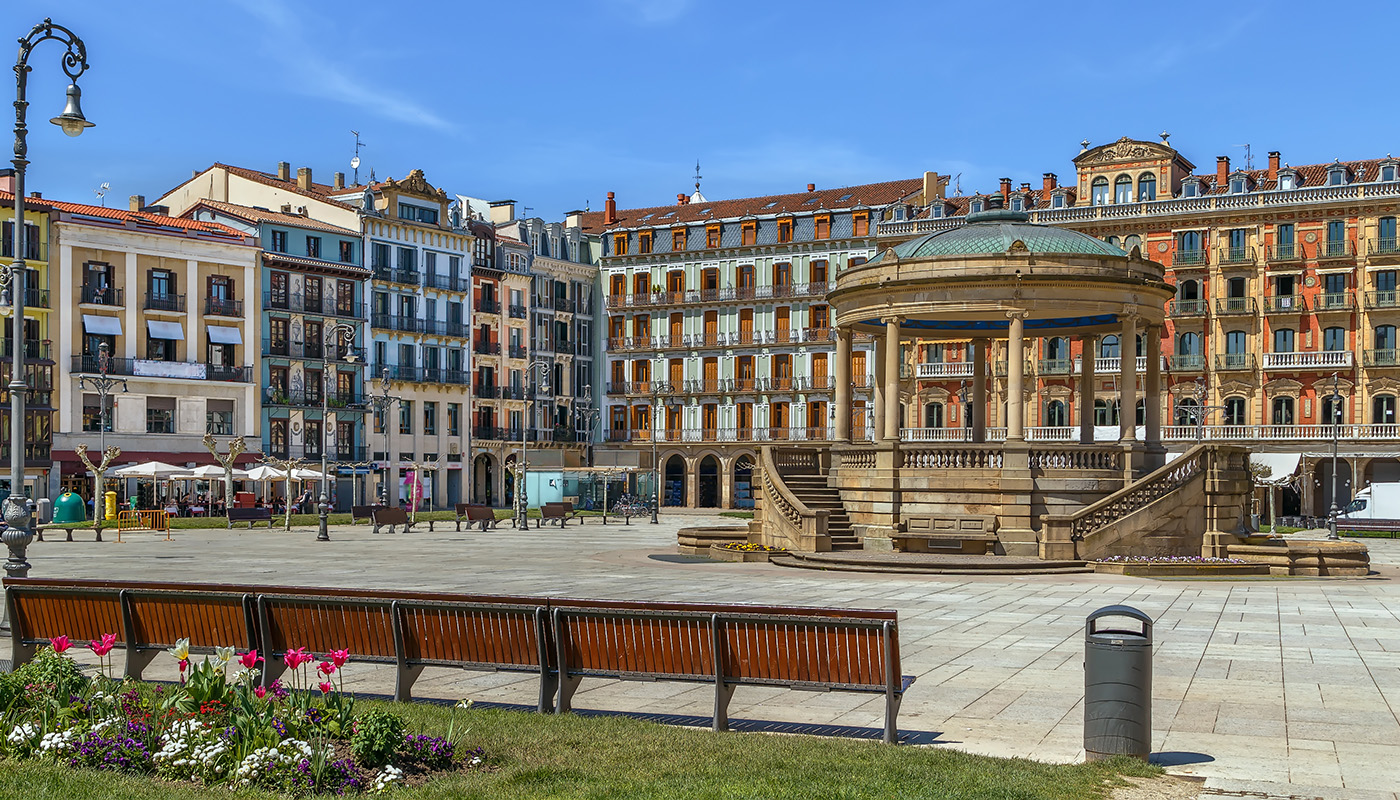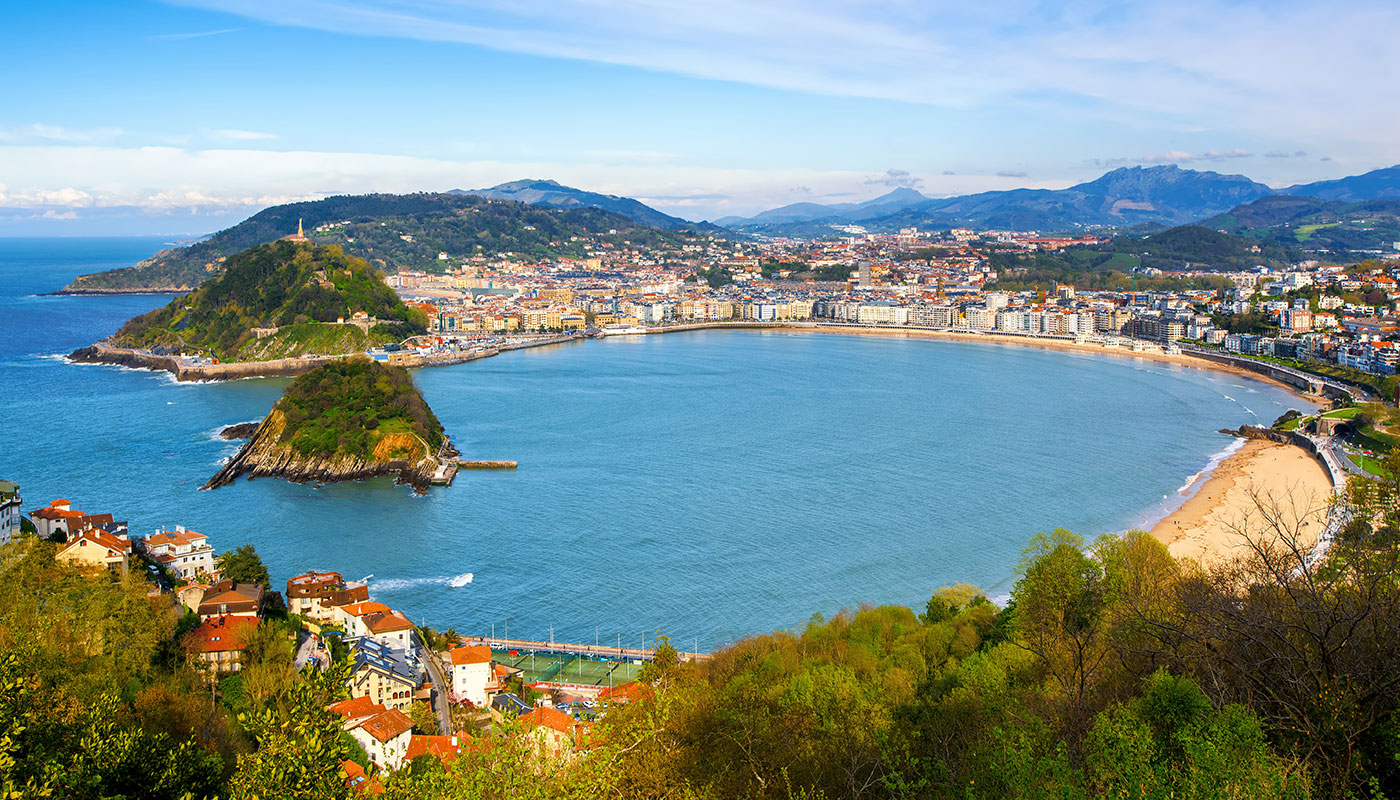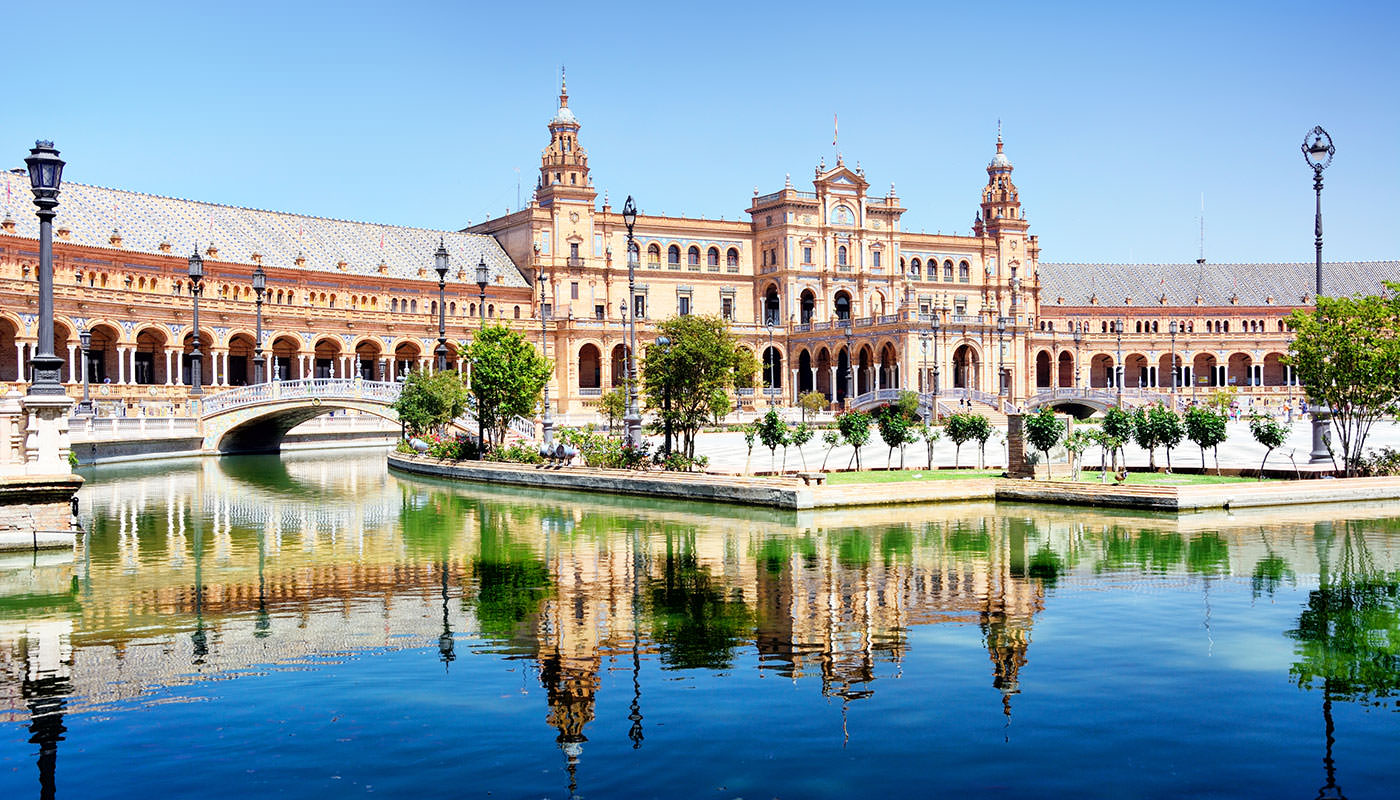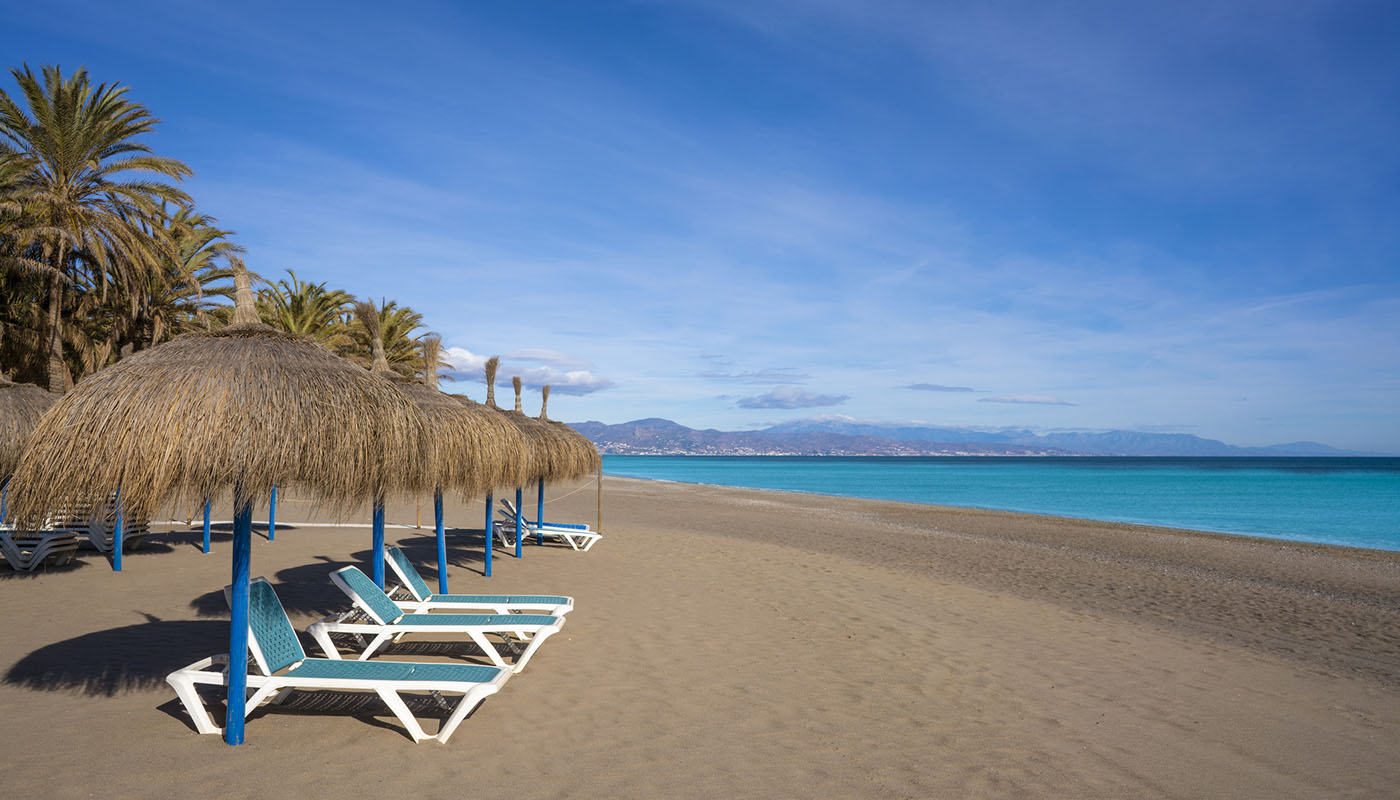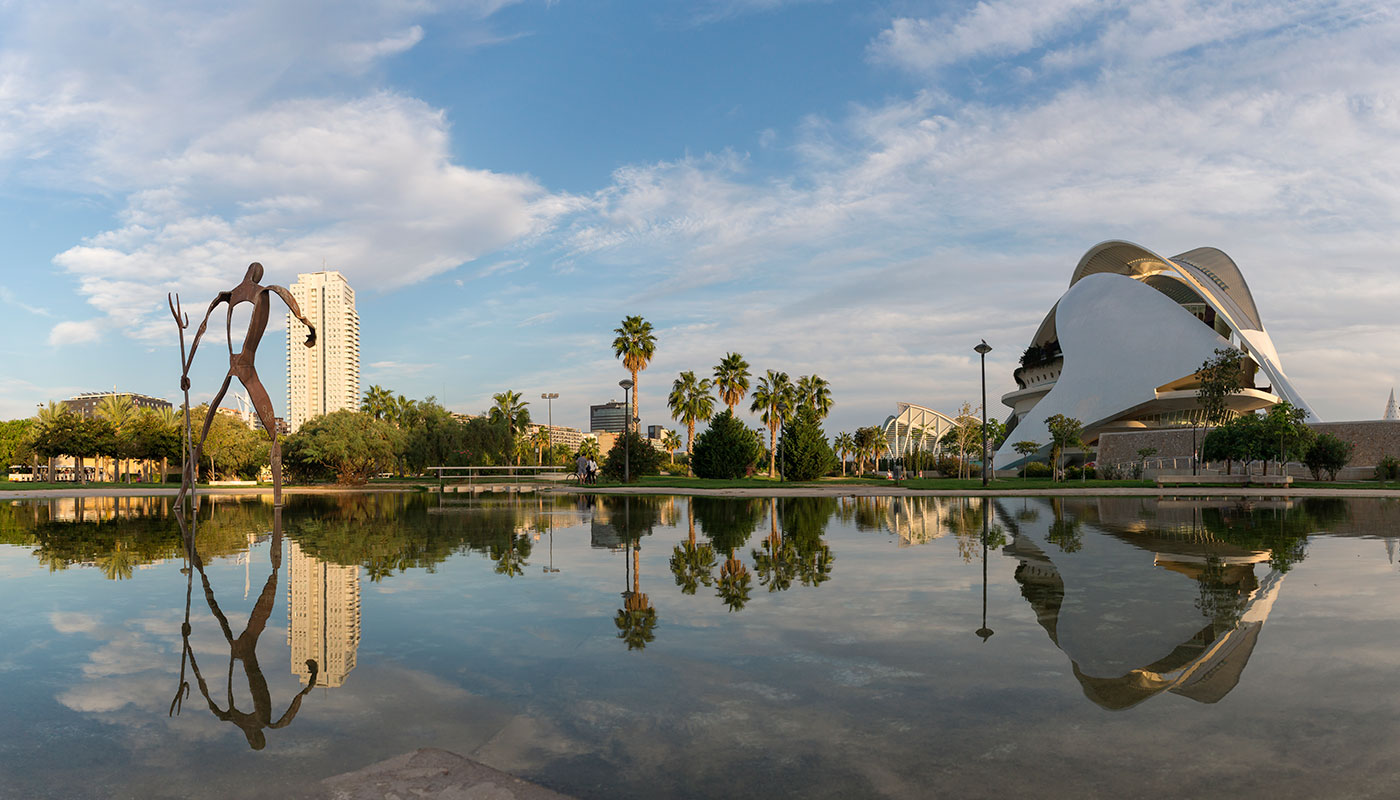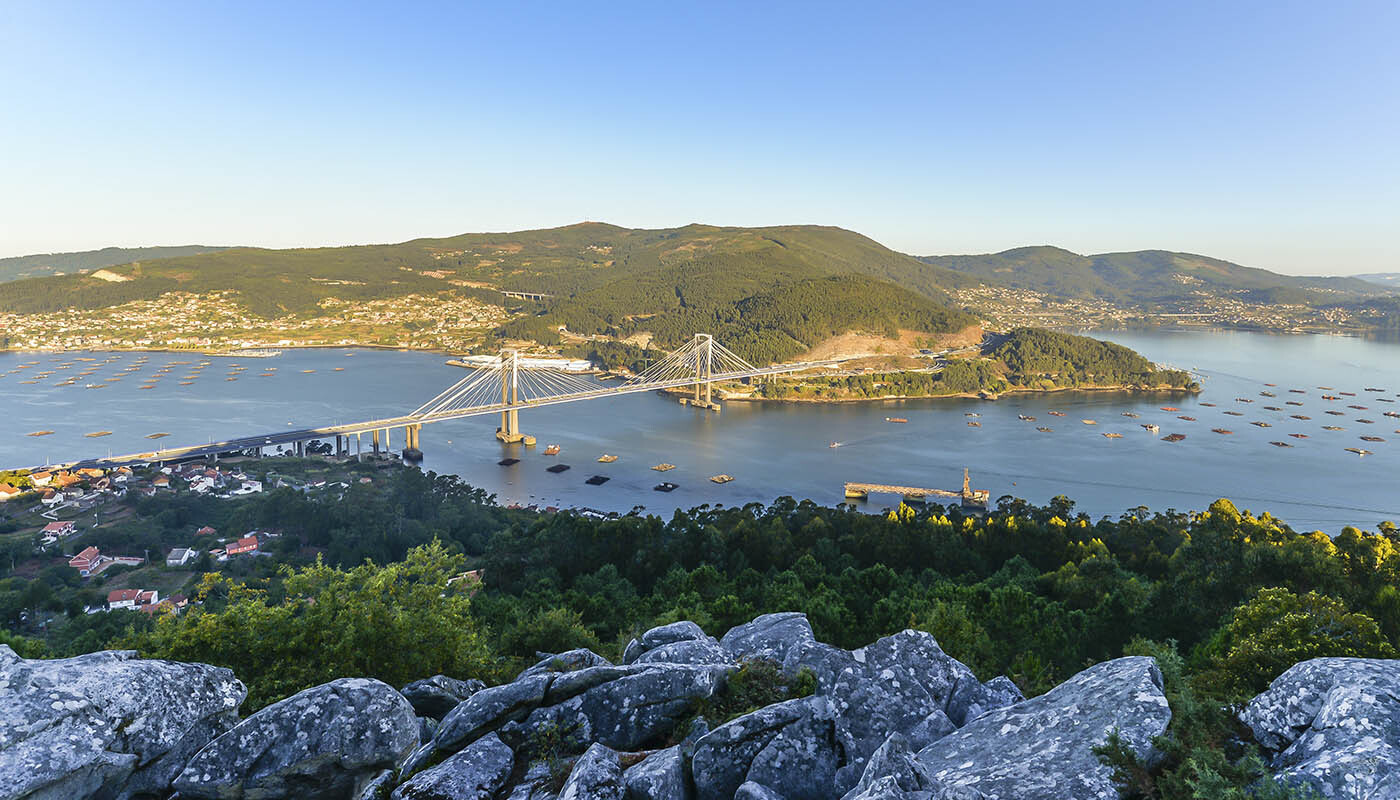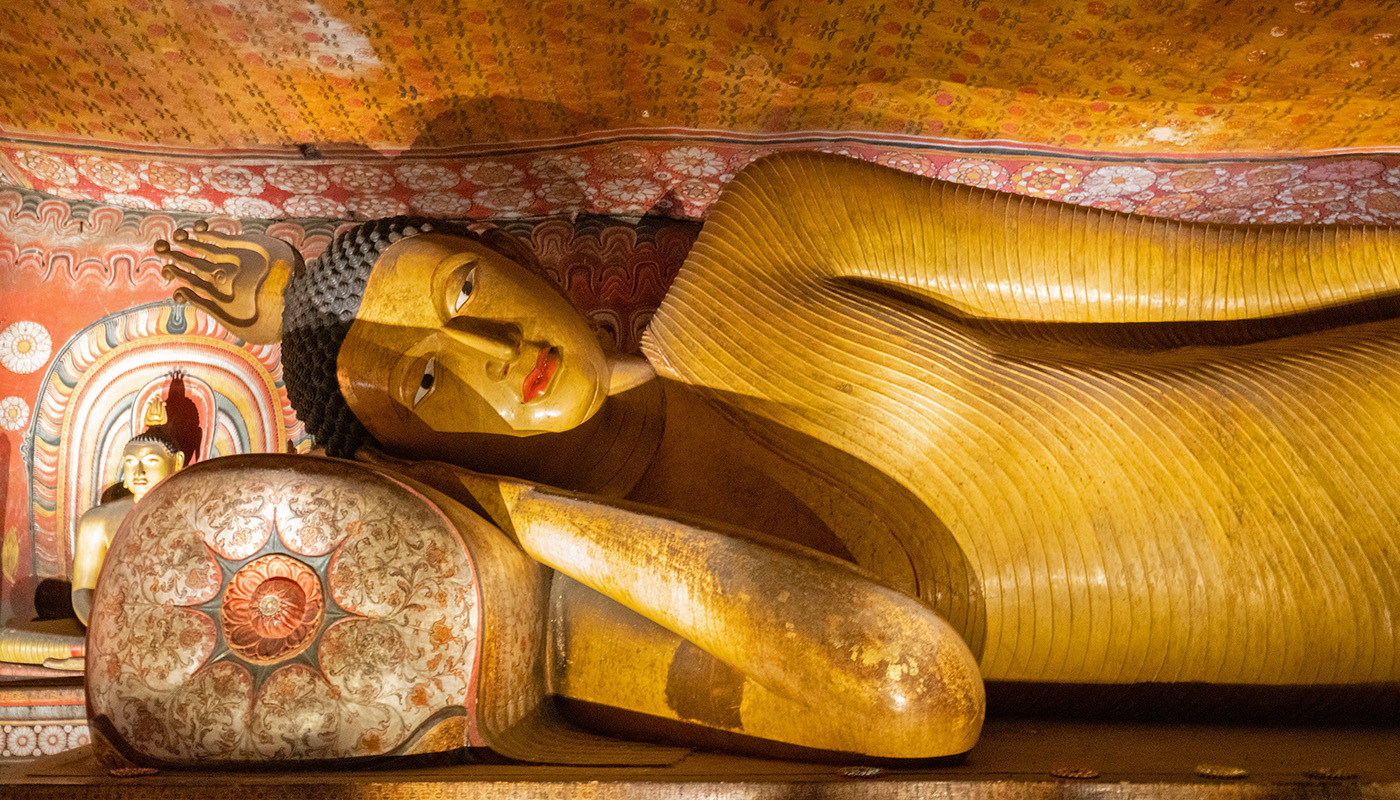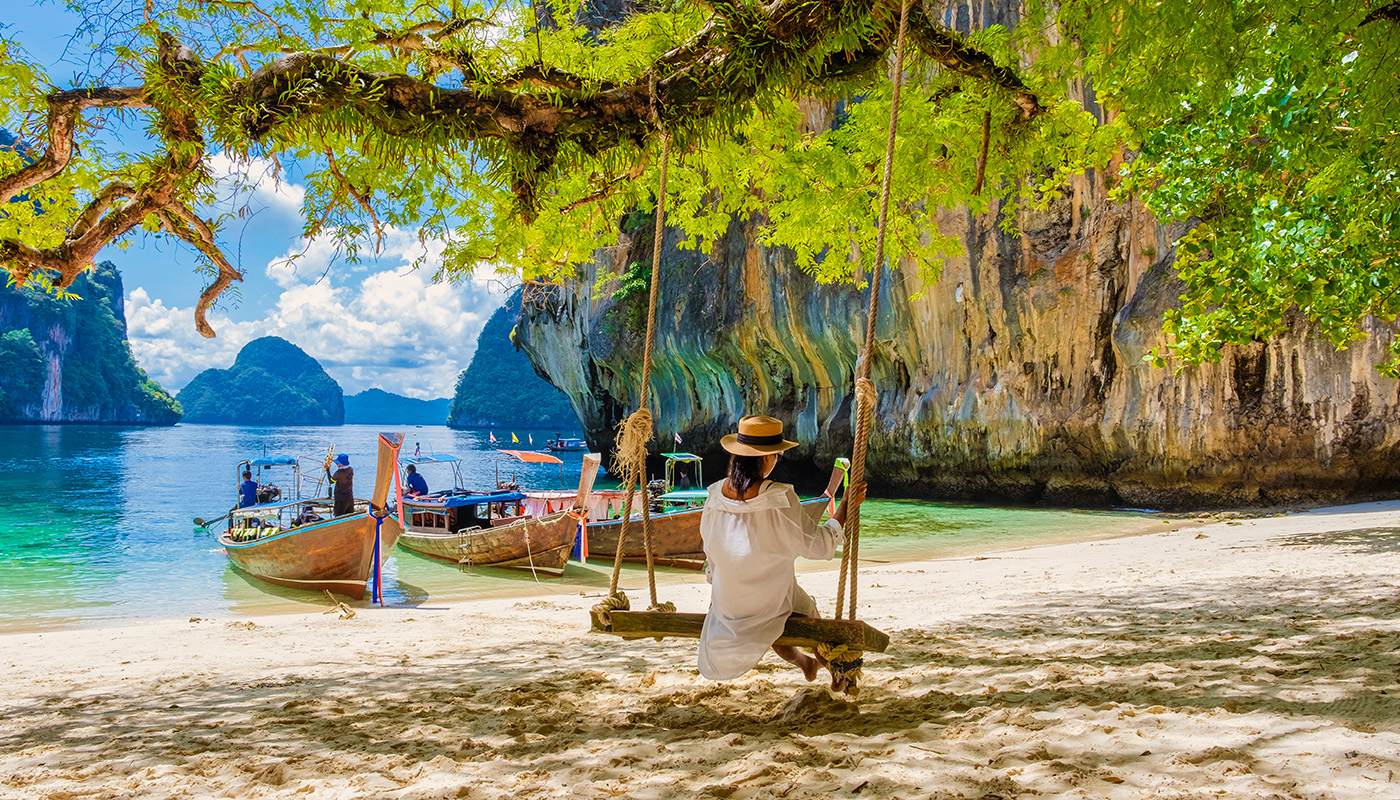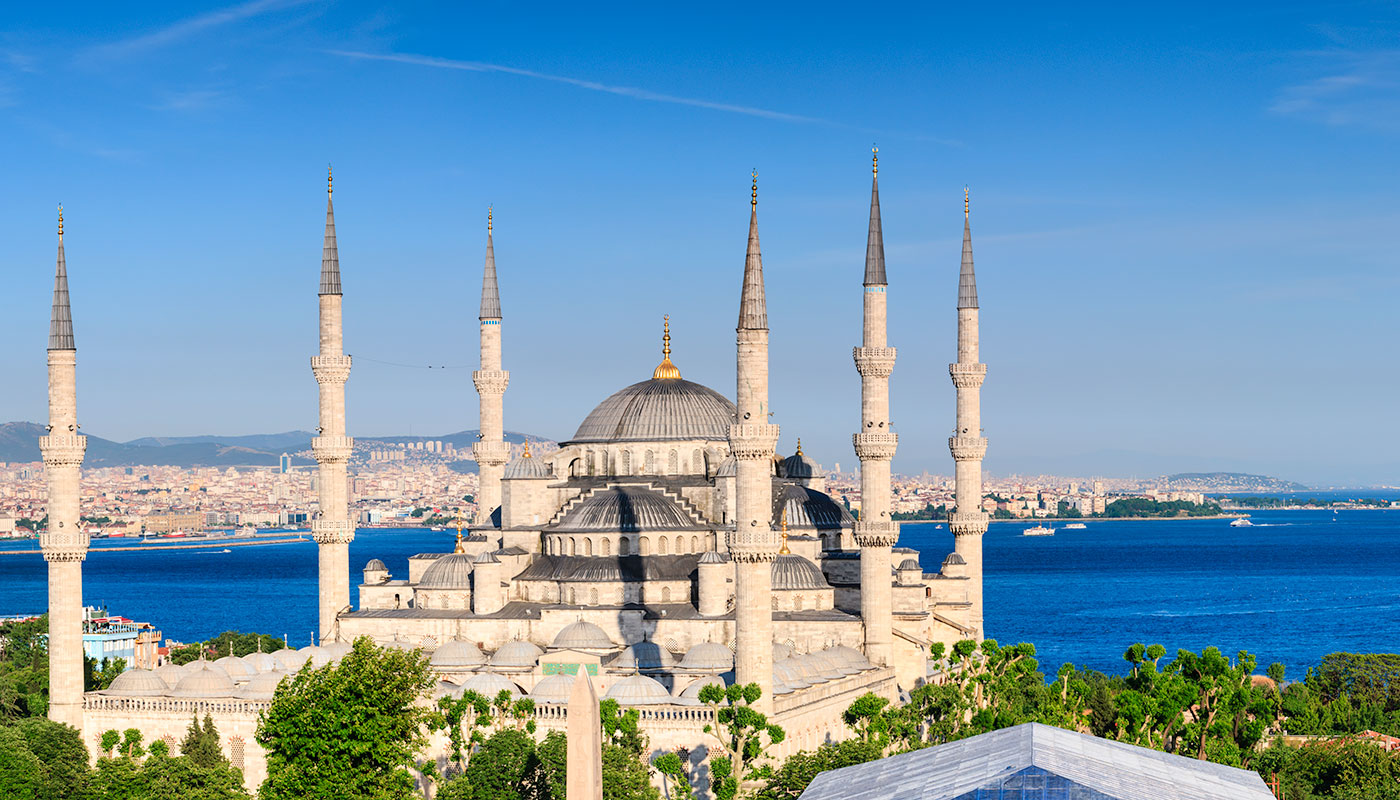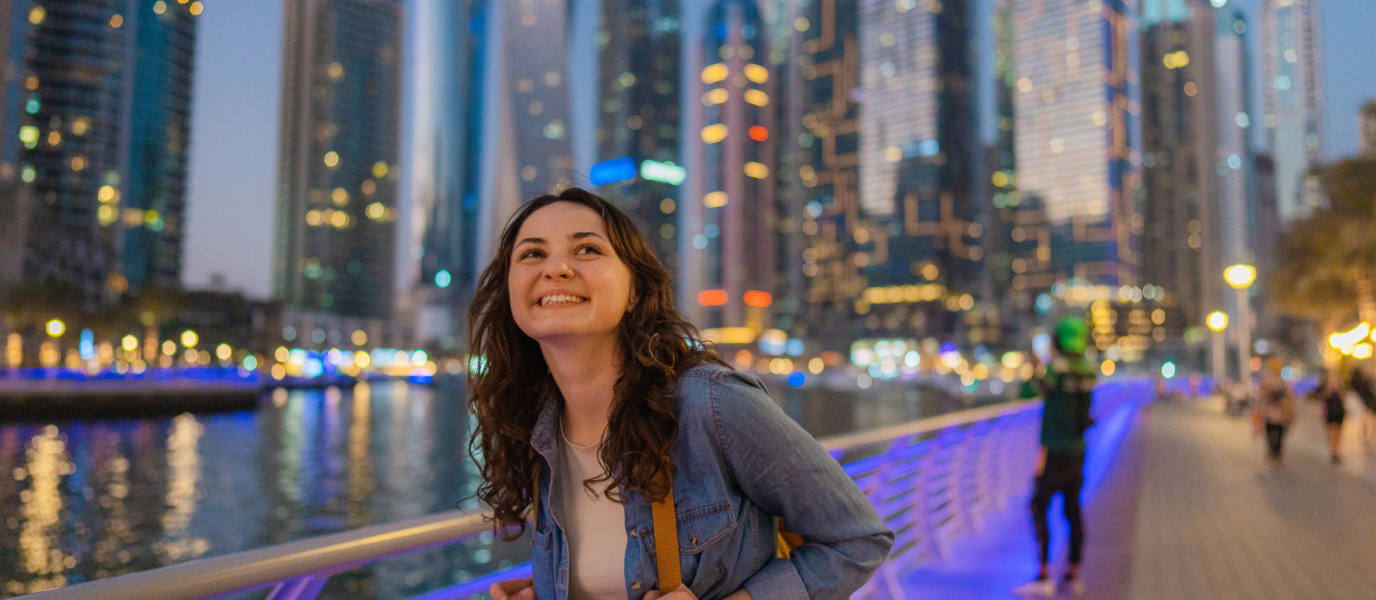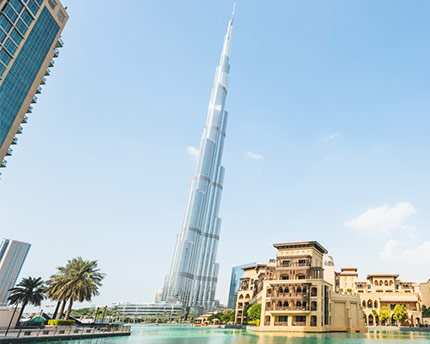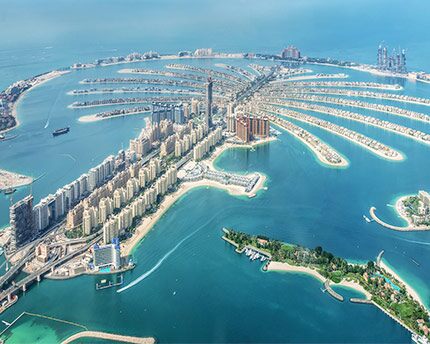A trip to Dubai can be an unforgettable experience for any traveller, thanks to the striking architecture, the artificial islands, the gigantic shopping malls and the day trips on offer. When you admire the city from the desert, it will seem like a magical wonder. The sparkle of the glass skyscrapers contrasts sharply with the barren sand in the surrounding area and the blueish colour of the sea. But, to ensure everything goes smoothly, it is best to follow certain tips for travelling to Dubai, especially with regard to entry requirements.
Although it might not seem very important, you should also consider when is the best time to visit this spectacular emirate, because in summer it can reach temperatures that you may not be used to. That said, practically everywhere you go will have air conditioning. Other tips for travelling to Dubai that will come in handy have to do with the clothes you should wear, although the dress code is more relaxed if you are a tourist. Finally, one very interesting experience in Dubai is going to a cultural talk, where you can learn about their traditions and the justifications for their values and ethics.
What are the requirements to enter the UAE?
Requirements to enter the United Arab Emirates (UAE) vary depending on the traveller’s nationality and the bilateral agreements that have been established between the countries involved. If you are a Spanish national, all you need is a valid passport with six months validity from the moment you enter the country. Another important thing to remember is that visas are not required for stays of less than 90 days.
When is the best time to travel to Dubai?
The best time to visit Dubai is during the cooler months, between October or November and April, as the temperatures are milder and more pleasant (between 20 and 35ºC). As it is not a place where it rains frequently, you can even go in winter with no problems. If you must go during the summer holidays, just bear in mind that temperatures can reach 50ºC, and outdoor activities should be done first thing or late in the day. Dubai is very well prepared, however, and even the bus stops have air conditioning.

Necessary documentation
You don’t have to worry about documentation if you are a Spanish national, because, as previously mentioned, you will only be asked for a passport with at least six months of validity from the moment you enter the country. And, if you are not going to stay for more than 90 days, you will not be required to pay for a visa. Not going as a tourist but for work purposes is another matter. In this case, you should contact the Spanish embassy to find out all the details.
Safety in Dubai
In destinations that are unfamiliar to us, we can sometimes be a little uneasy about safety when travelling. In Dubai, however, at first glance there are no potentially dangerous situations that you may experience. Keep in mind that in Dubai, as in the rest of the Emirates, the penalties for committing a crime are severe. They can go as far as immediate expulsion from the country if you are a foreigner, or severe prison sentences if you are a national.
How to get around
Getting around Dubai is relatively easy, although it’s important to bear in mind that there is no historical centre to walk around, but rather a series of neighbourhoods that are quite far from one another. For this reason, it’s best to use public transport, although the zoning can sometimes be difficult to understand for foreigners. Alternatively, you can take taxis, which aren’t too expensive either.

Dubai’s public transport options are very varied: metro, buses, a tram, monorail, boats (called ‘abras’) and ferries. The most useful thing to do is to buy a NoL transport card, which allows you to travel by metro, bus and water bus and not have to worry about tickets. You can choose between Red, Silver, Gold and Blue, depending on the length of your stay and the level of exclusivity you want. You should also remember that you cannot pay in cash on the most common modes of transport.
Currency and exchange rates
The official currency of Dubai is the dirham, often abbreviated to AED (United Arab Emirates dirham). The dirham has been pegged to the US dollar since 1997; in other words, one dollar is worth 3.67 AED. You can change currency at the airport, at your hotel or at bureau de change in Dubai. If you are going to make larger payments, it’s best to use a credit or debit card. Even in the souks you can pay by card.
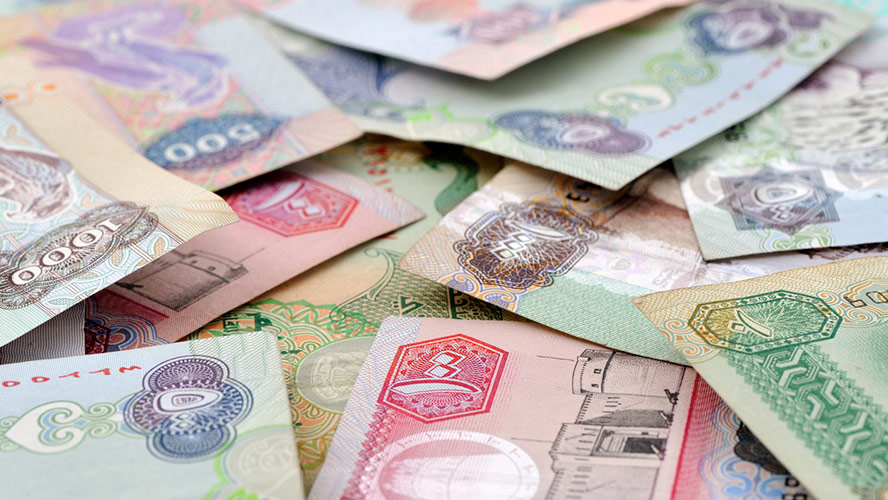
What to wear on a trip to Dubai?
From the moment you start planning your trip, the question of what to wear in Dubai often springs up. Generally speaking, if you are a man, you won’t have any problems if you dress as normal, with long trousers and a shirt or T-shirt, or swimming trunks on the beach. However, if you are a woman, it will depend on where you are. For instance, you can wear a swimming costume or bikini on the beach, at the swimming pool or in a spa, but it would be frowned upon to walk around a shopping centre or souk showing ‘too much’. Female tourists are allowed to make their own decisions, but you should be sensible and always carry a scarf or something you can use to cover your shoulders, legs or head if you intend on visiting a mosque or place of worship. Men are also not allowed to enter in shorts, so there is some equality there.
COVID restrictions and measures
Of particular importance among the recommendations for travelling to Dubai is the global pandemic situation and possible restrictions due to Covid-19. Currently, it is not compulsory to have been vaccinated against Covid to enter Dubai, although this may help you avoid quarantine or PCRs in case you wish to travel to Abu Dhabi from there. We recommend checking the latest information published by the Spanish Ministry of Foreign Affairs to verify that the conditions have not changed before your trip.
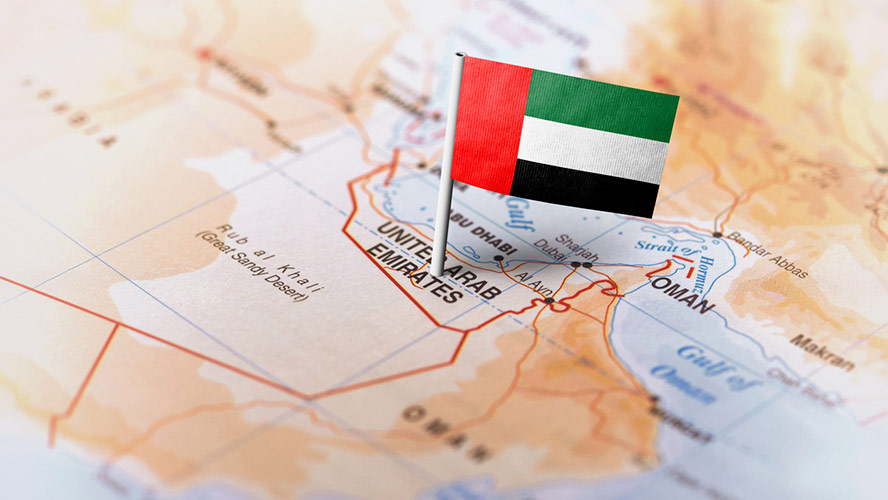
The best hotels in Dubai
A trip to Dubai would not be complete without staying in one of its excellent hotels. Among the many establishments in the city, we recommend three that come with the guarantees offered by the Spanish group, Barceló Hotels. Each one is located in a different part of the city and their standards are tailored to the needs of each traveller. If you are travelling with friends or family, you may be interested in the Barceló Residences Dubai Marina, a large tower with 253 elegant residential apartments situated in the Dubai Marina district. Its facilities include swimming pools and a gym, among other things, and in the surrounding area there is a beach and numerous shops and restaurants.
If you prefer the concept of a hotel, you can opt for the Occidental Al Jaddaf, situated close to Dubai Creek. Its 365 rooms and suites are spacious and modern, and its facilities include excellent restaurants such as Carmen Tapas, Beit Beiruty and Souk. It also has a heated swimming pool, a gym, a sauna and a Turkish bath.
We also suggest the Dukes The Palm, a Royal Hideaway Hotel, exclusive five-star accommodation with 279 rooms and suites, as well as 285 apartments, situated in the heart of Palm Jumeirah, Dubai’s palm-shaped island. In addition to enjoy its private beach and infinity pool, dining at Khyber restaurant, which specialises in Indian cuisine, is a must. If you’re travelling on business, be sure to ask about its seven meeting rooms.
We also cannot forget other hotels further away from the city centre. The Occidental Dubai Production City, a four-star hotel close to Expo Dubai. The establishment has 239 very spacious rooms, two restaurants, a bar, a sky lounge with a swimming pool and two heated pools. As well as the Occidental Sharjah Grand, a four-star hotel situated in Sharjah, a nearby city that is well connected to Dubai. It has 221 rooms, a private beach area and excellent culinary options.

